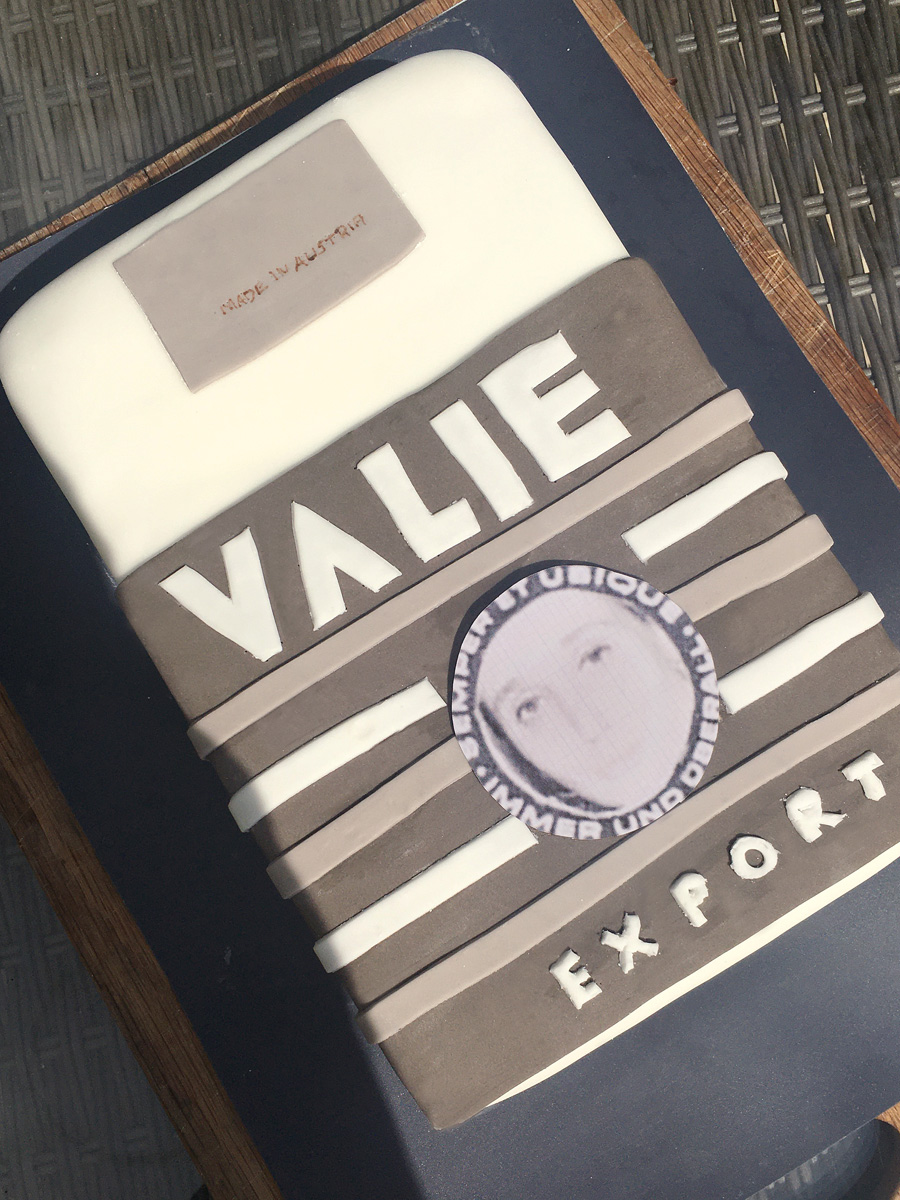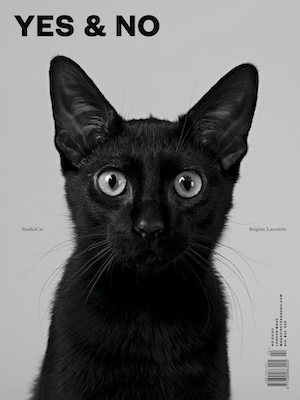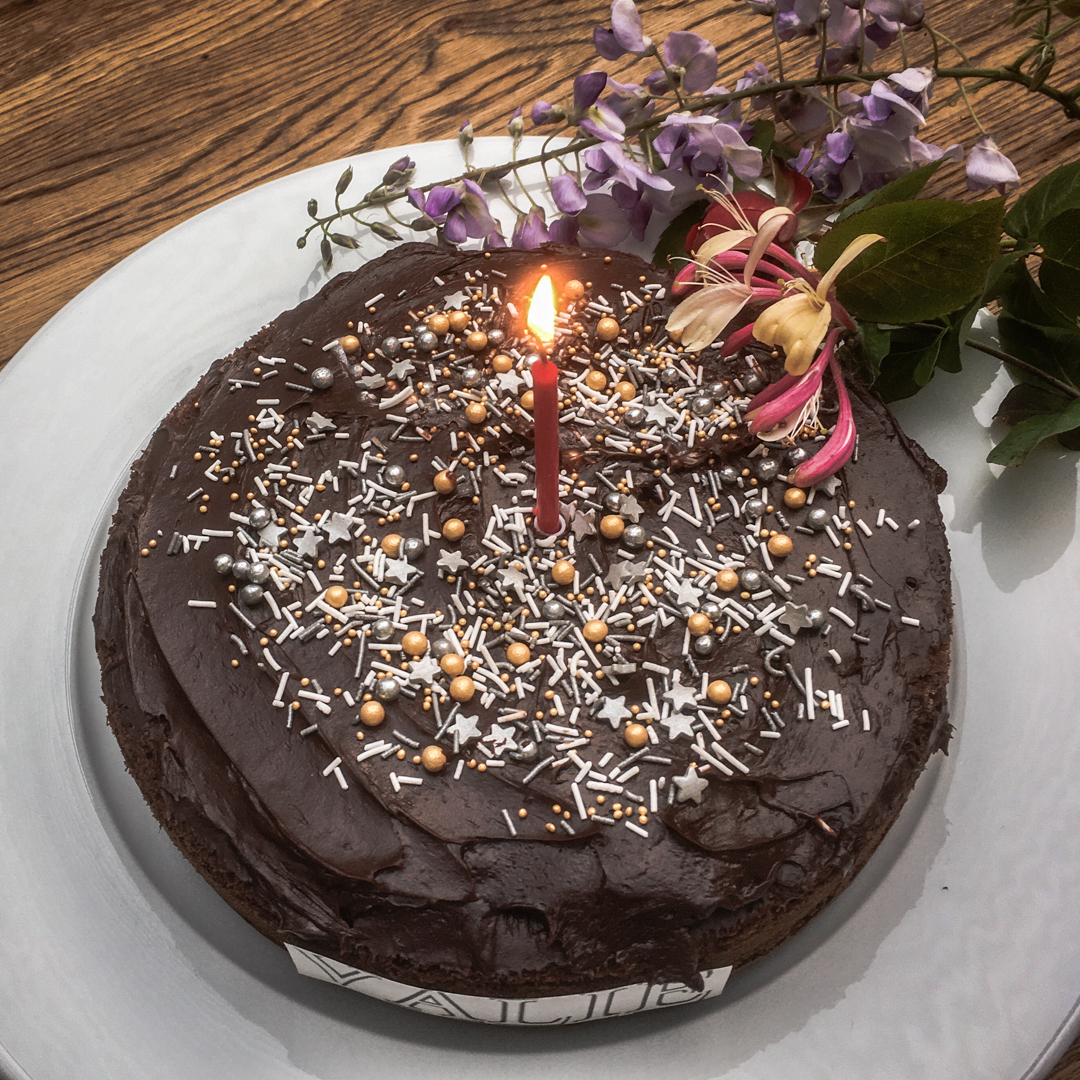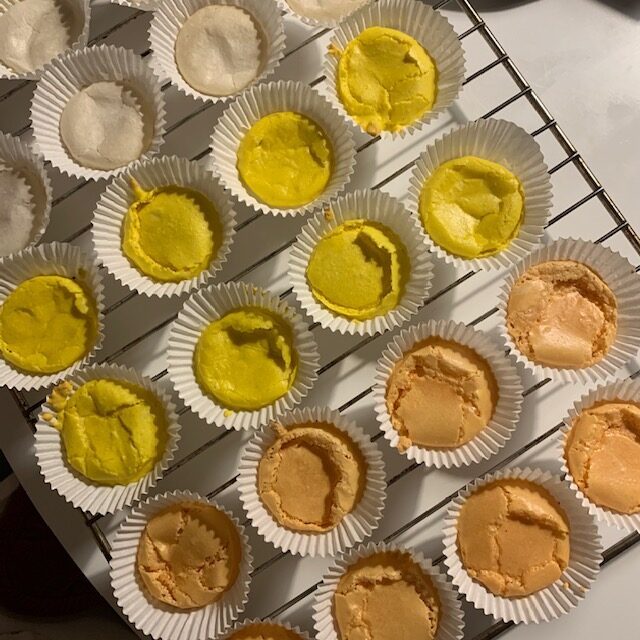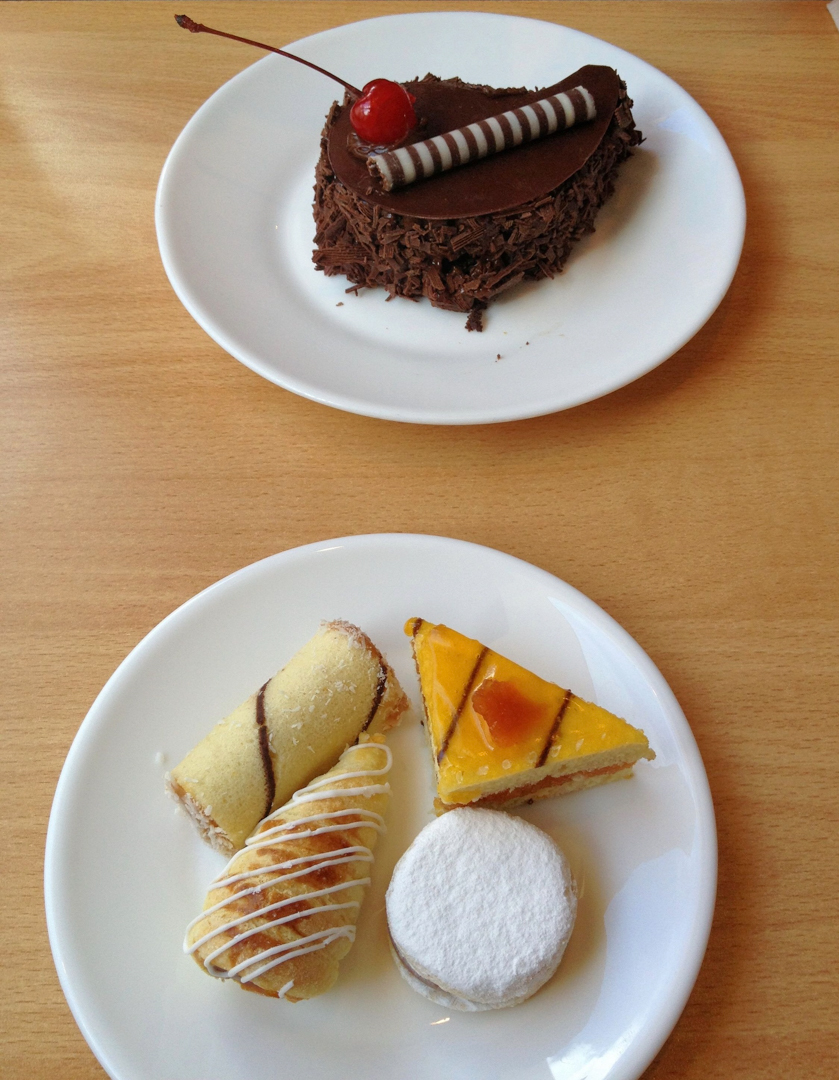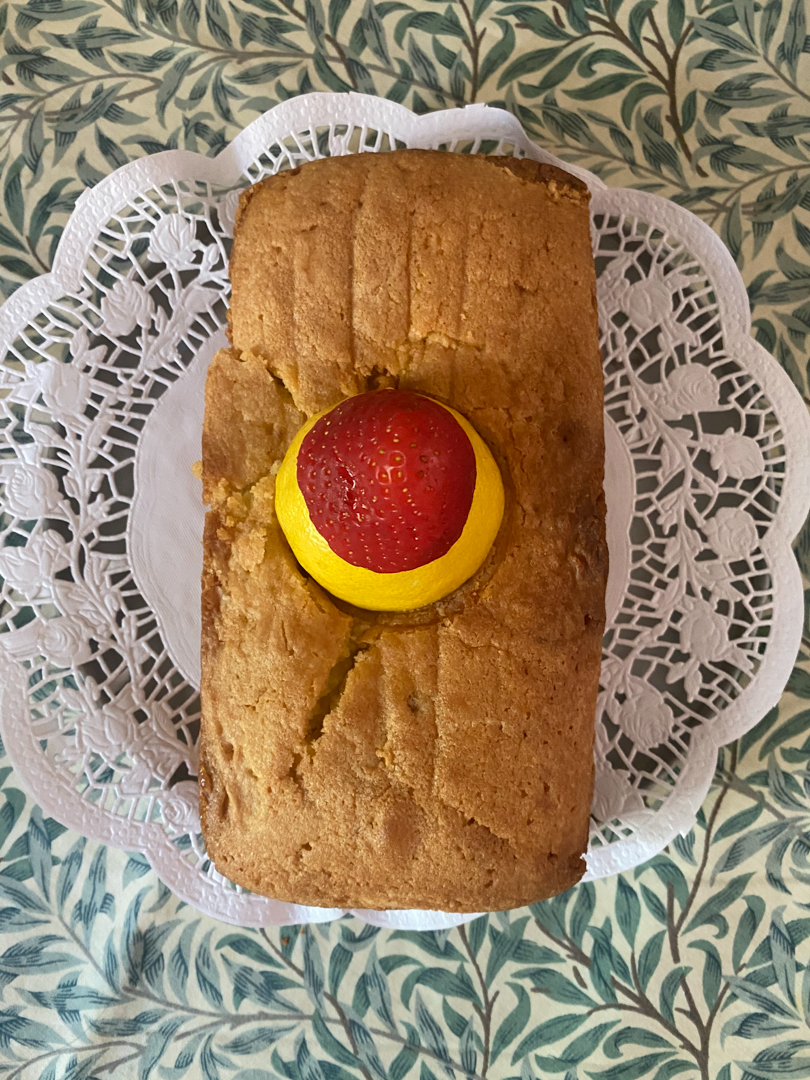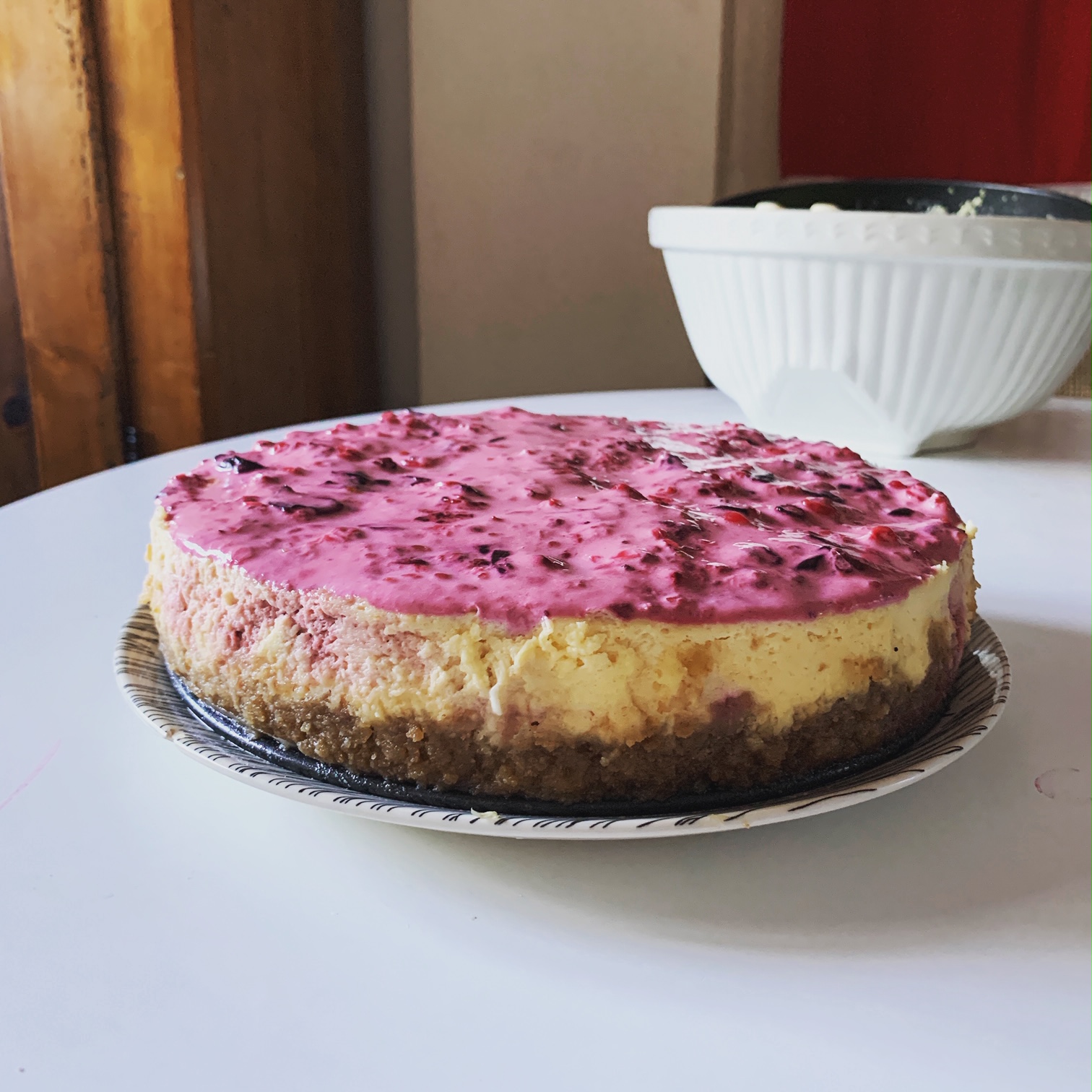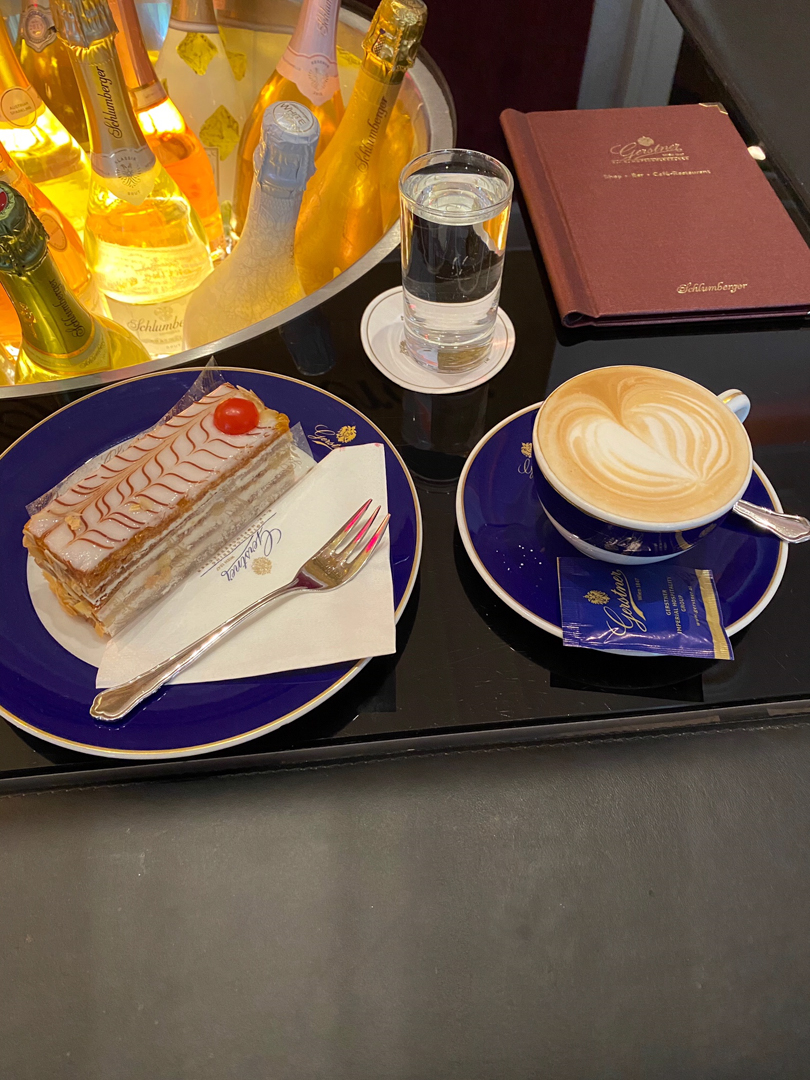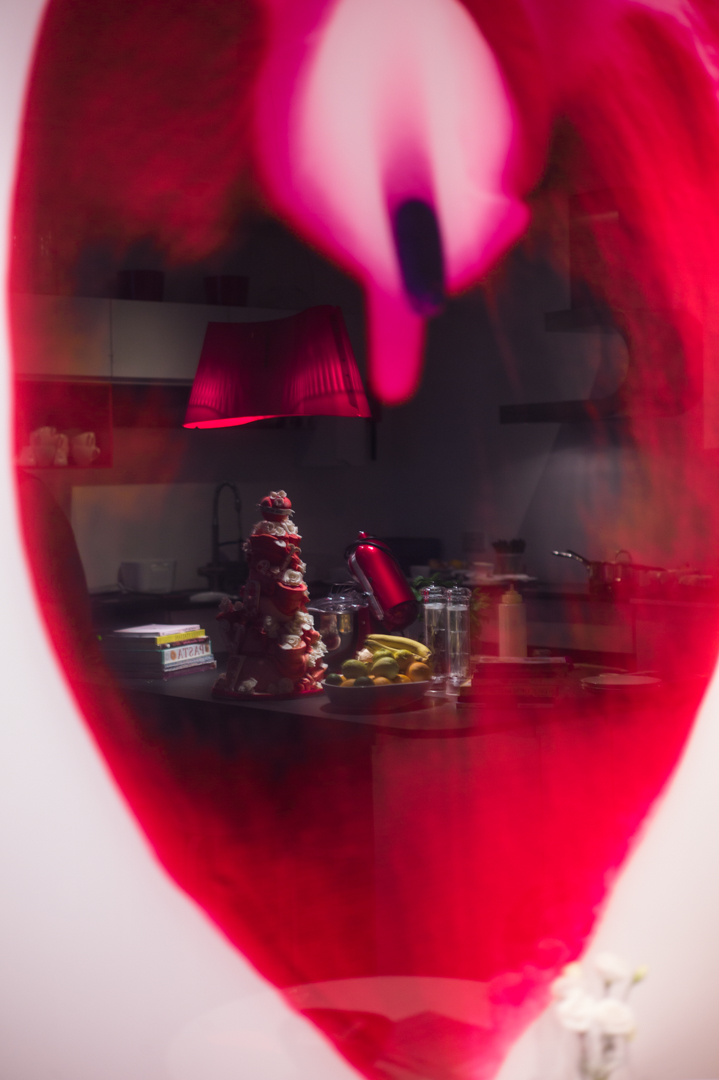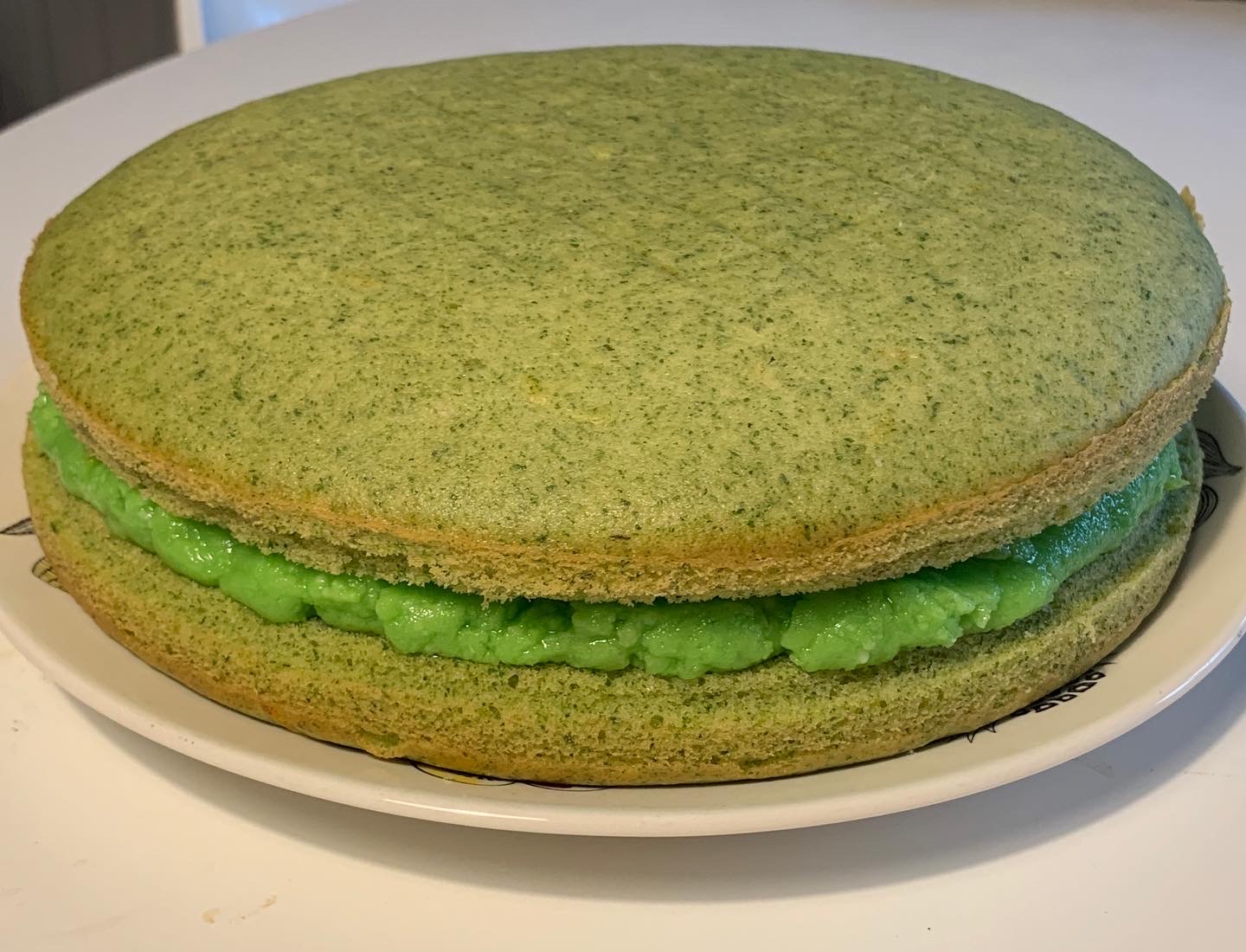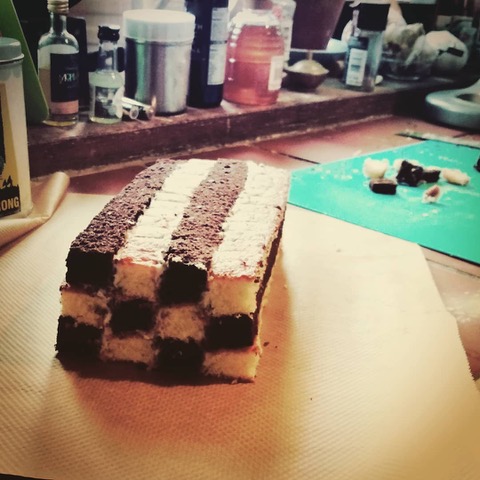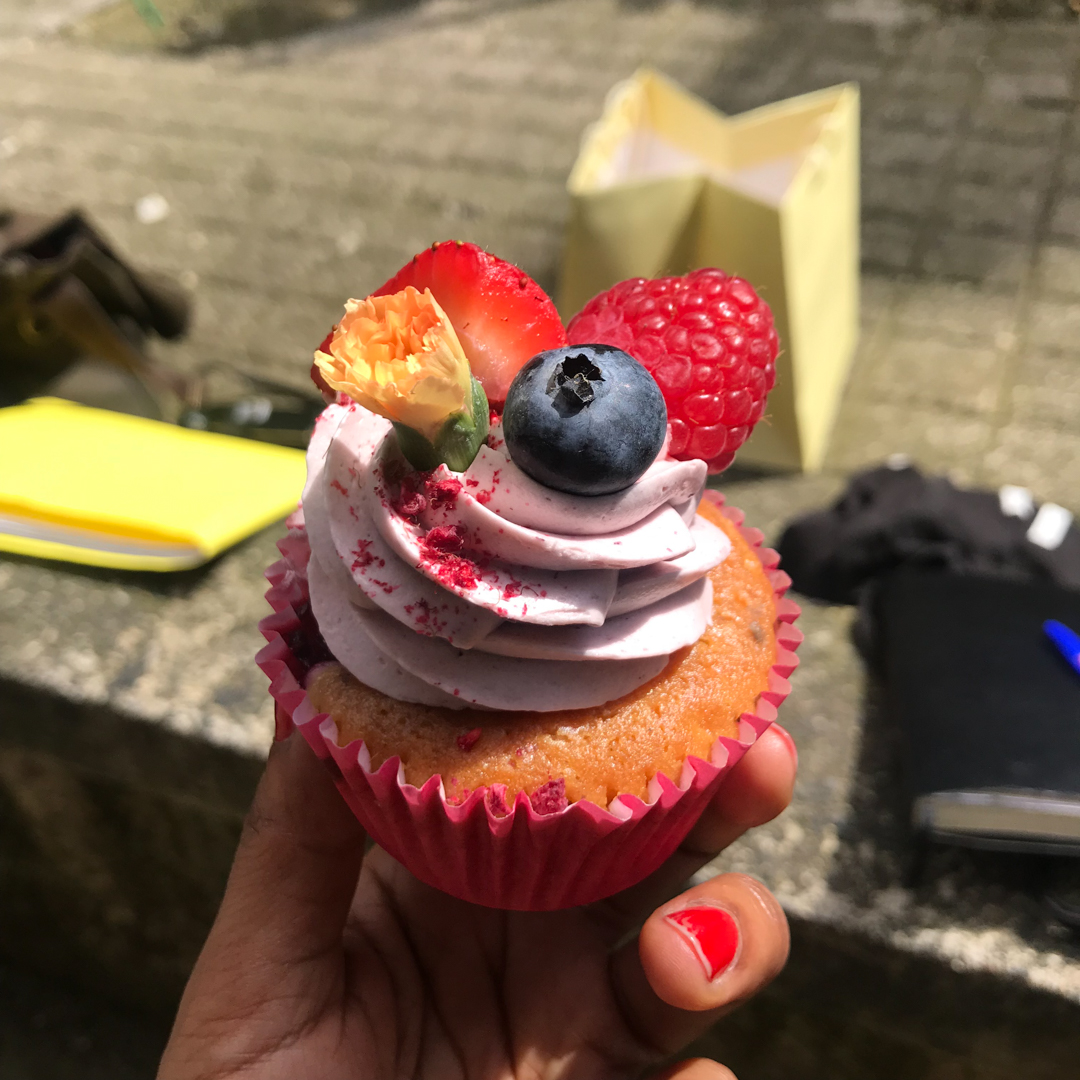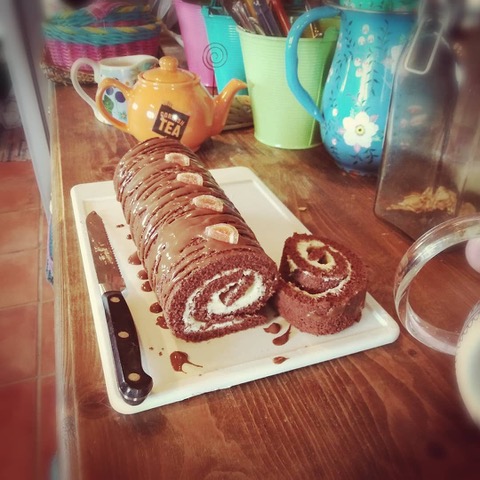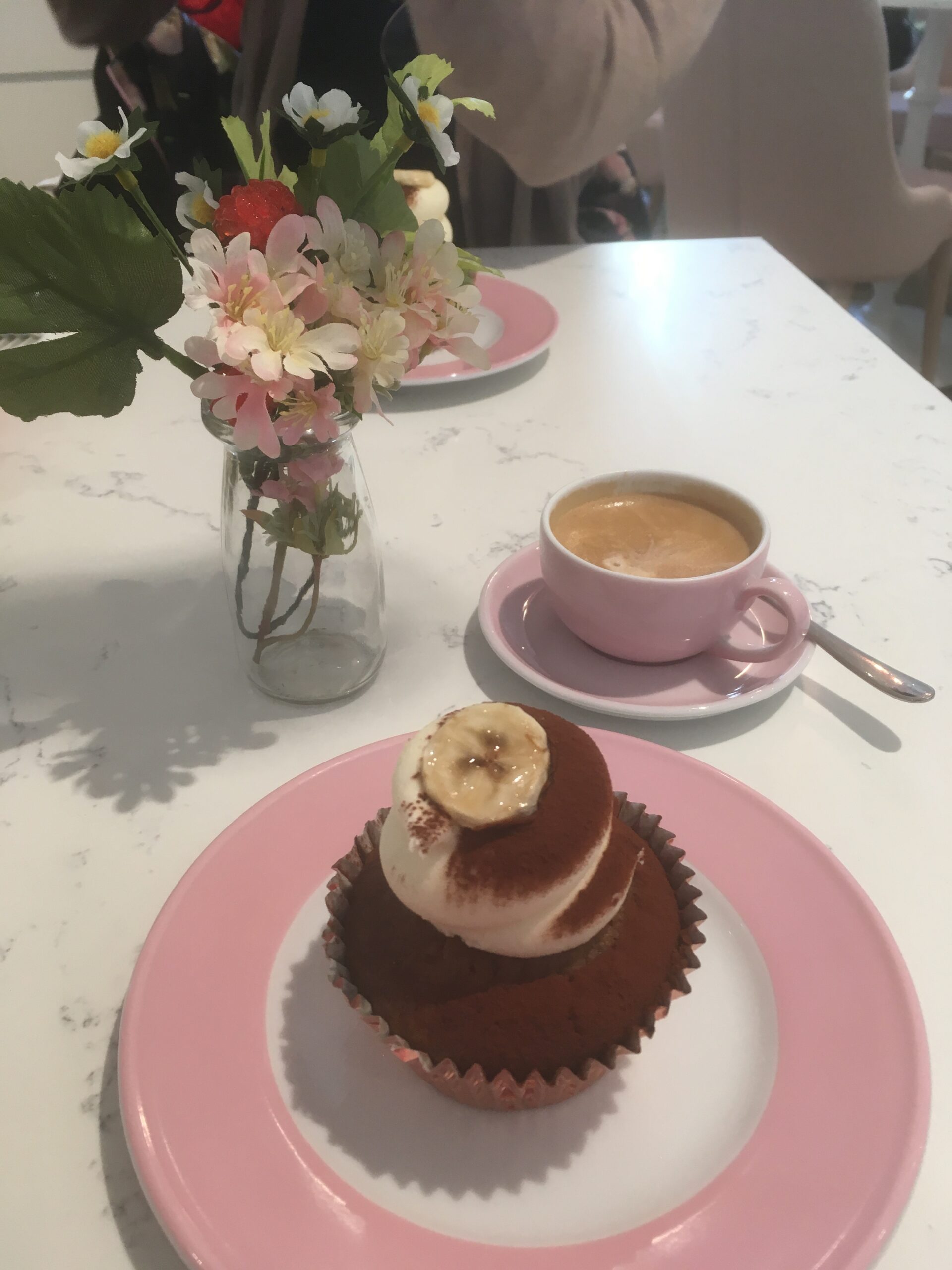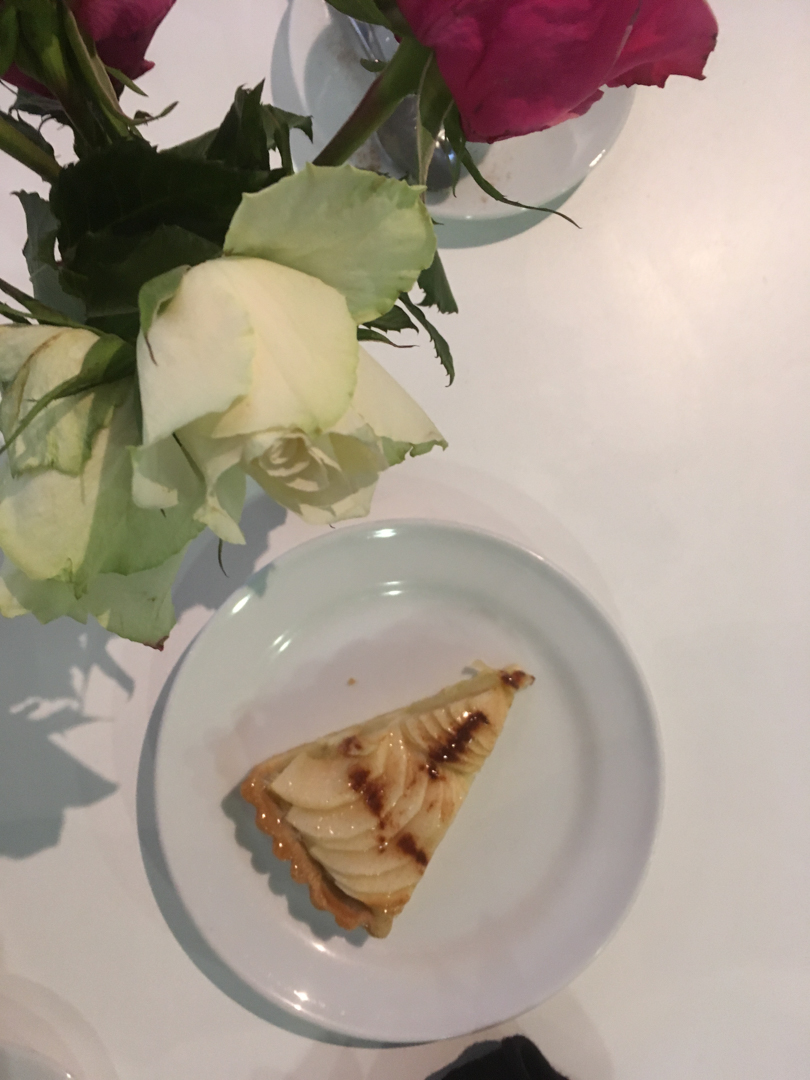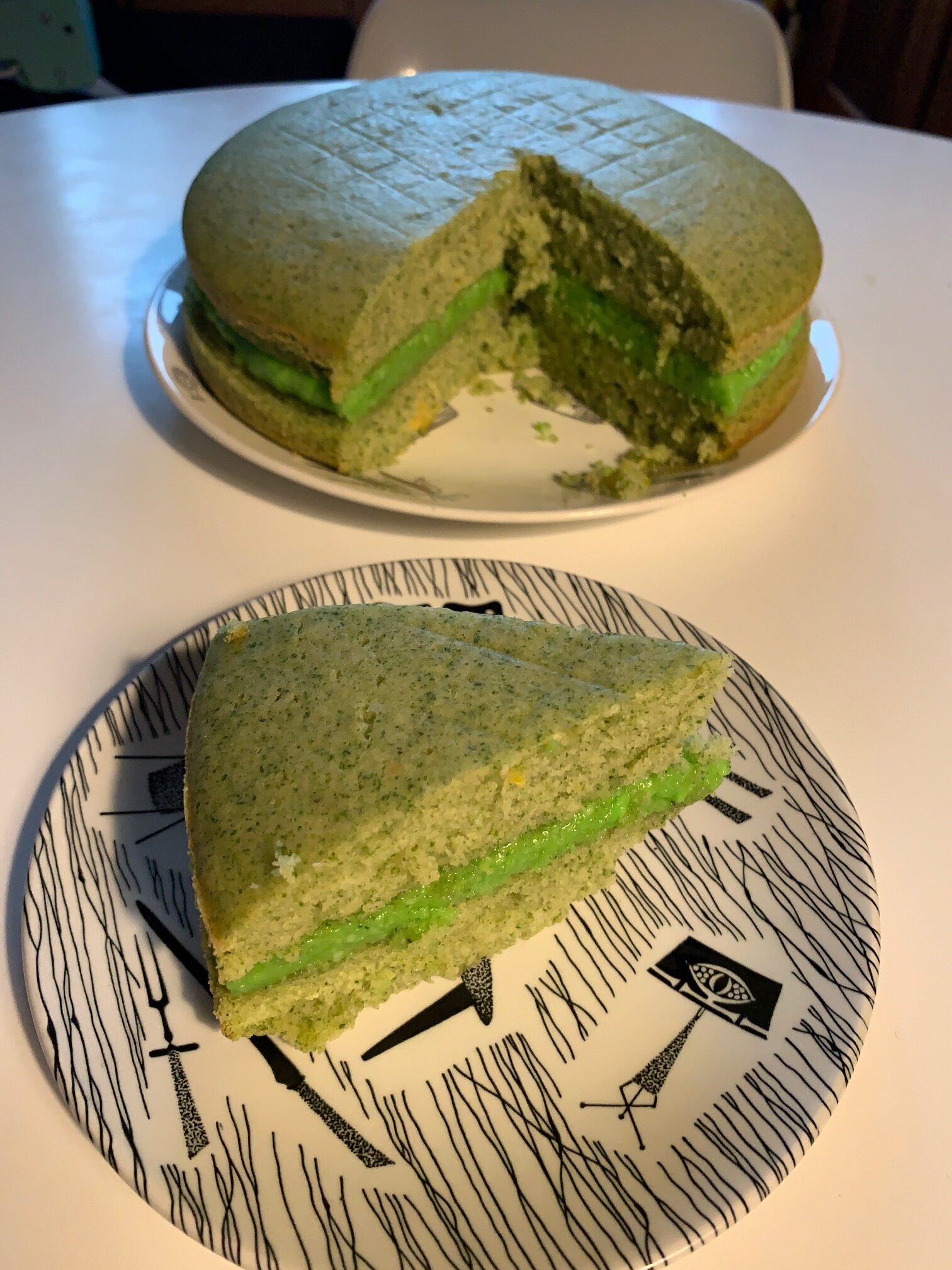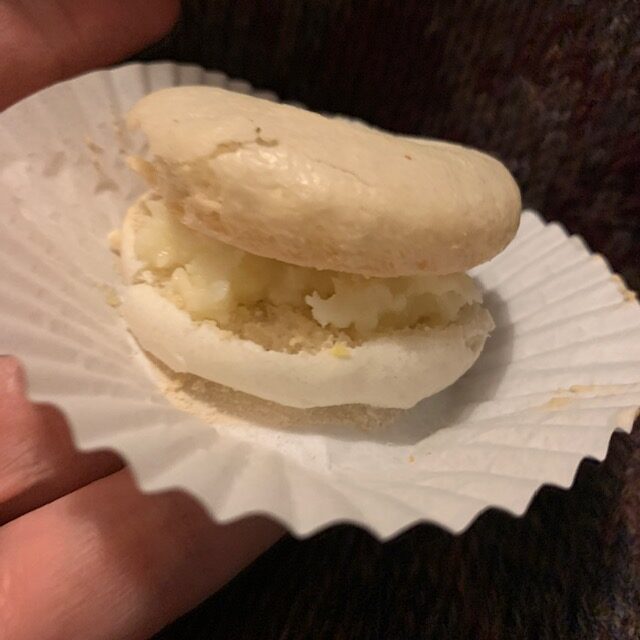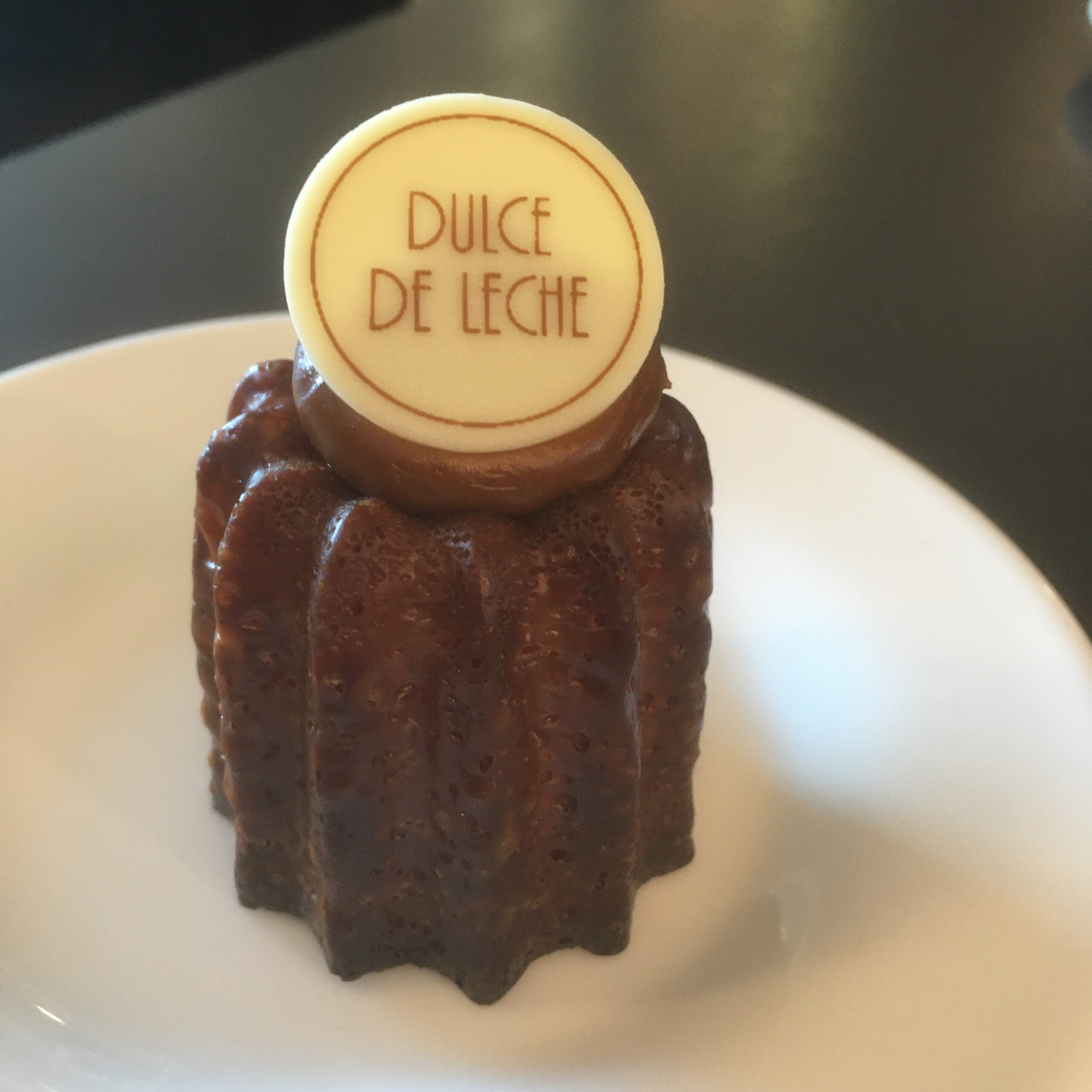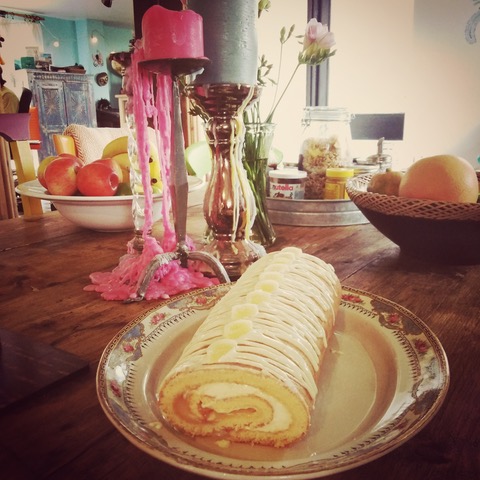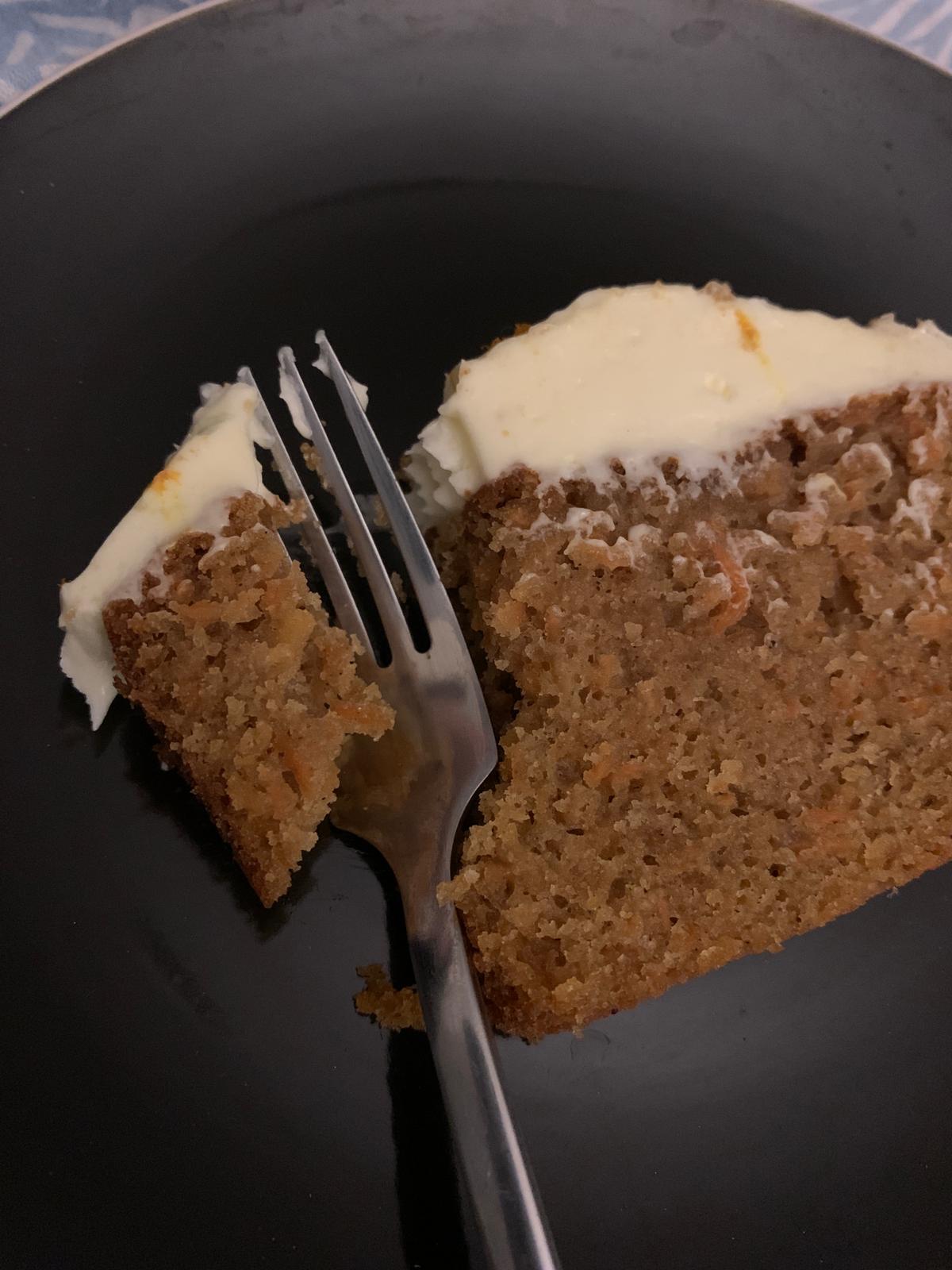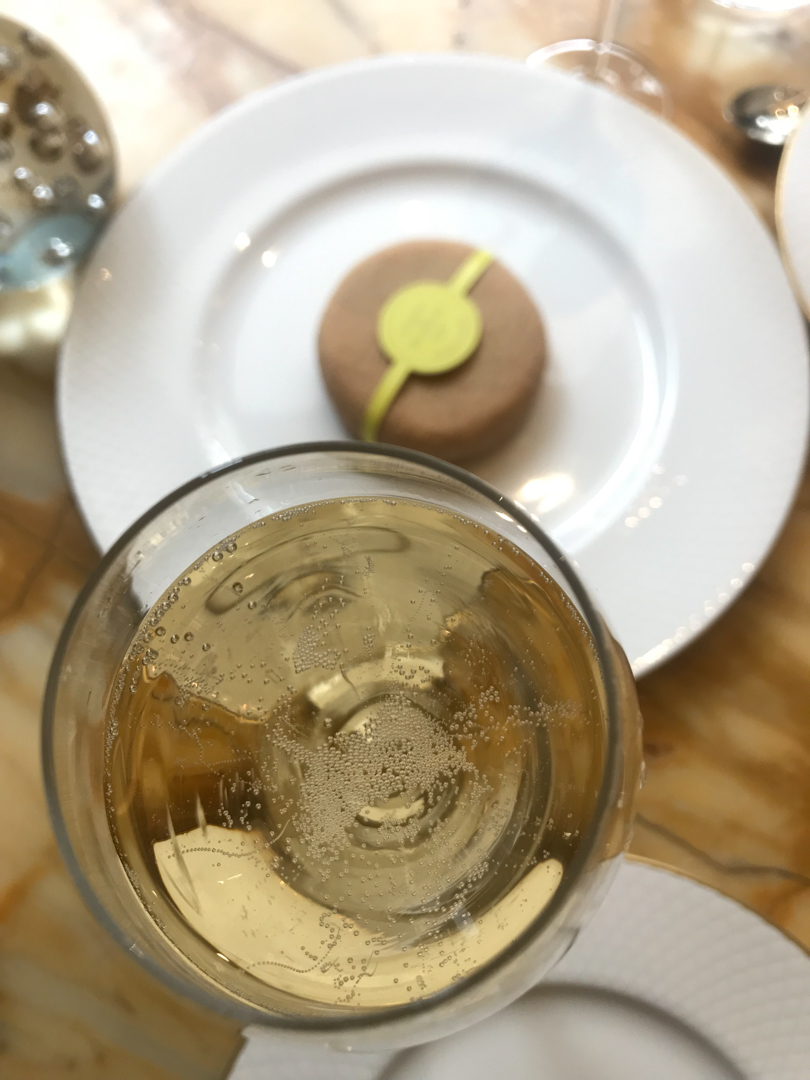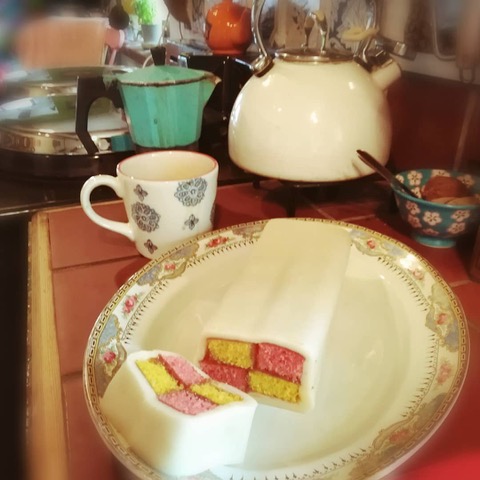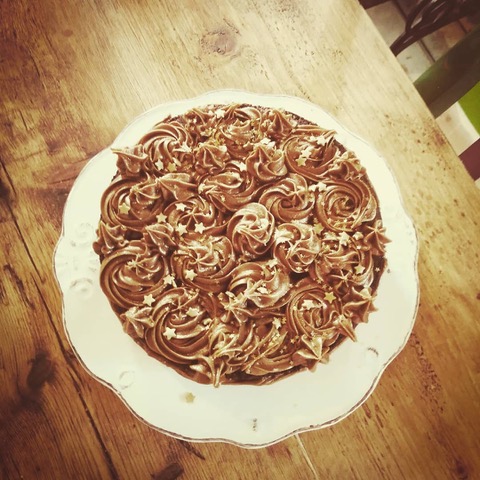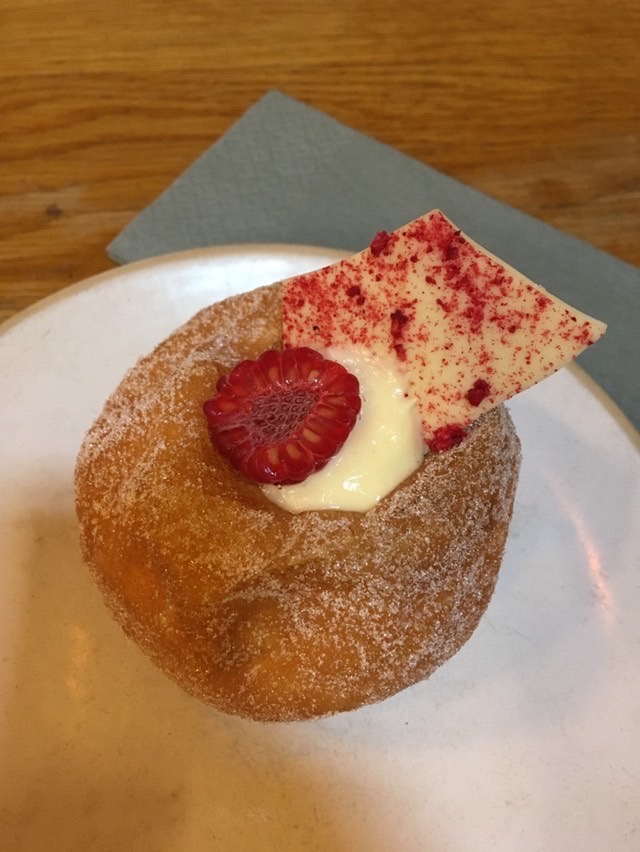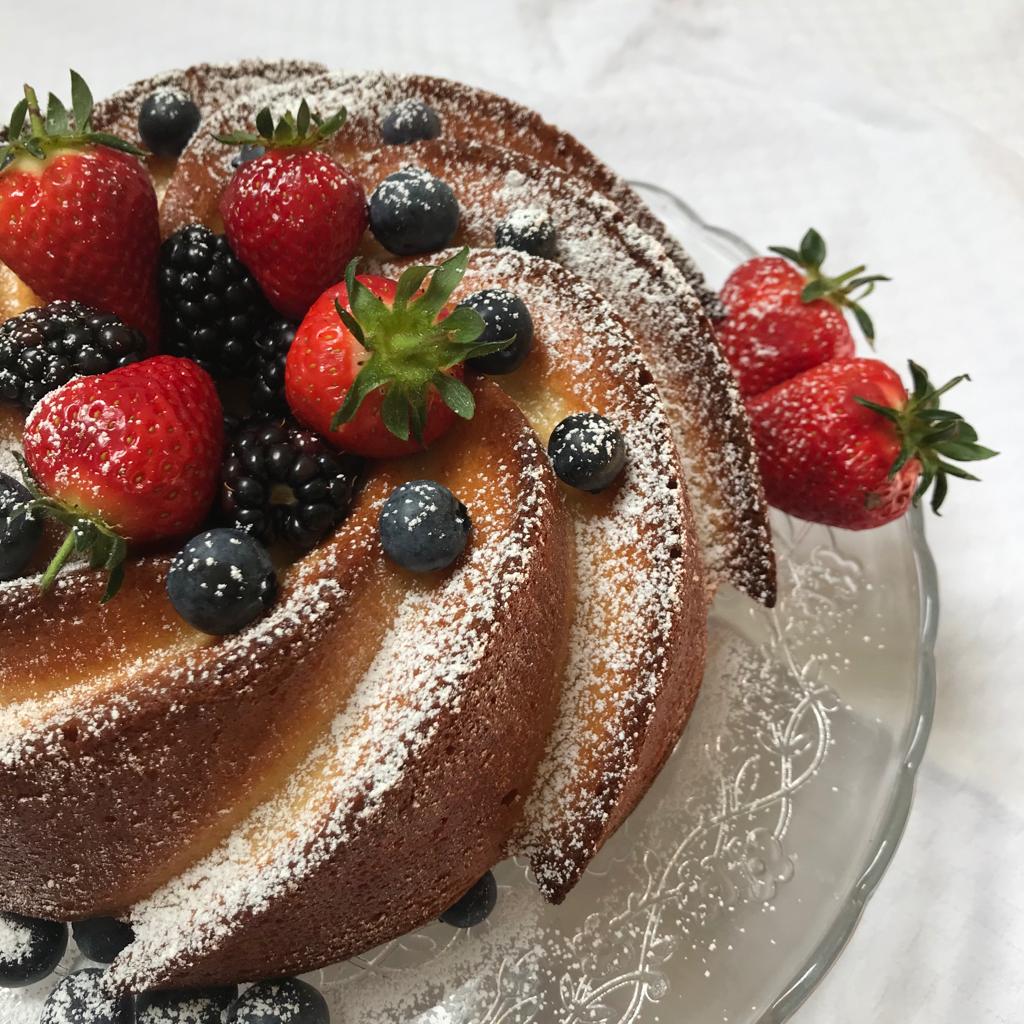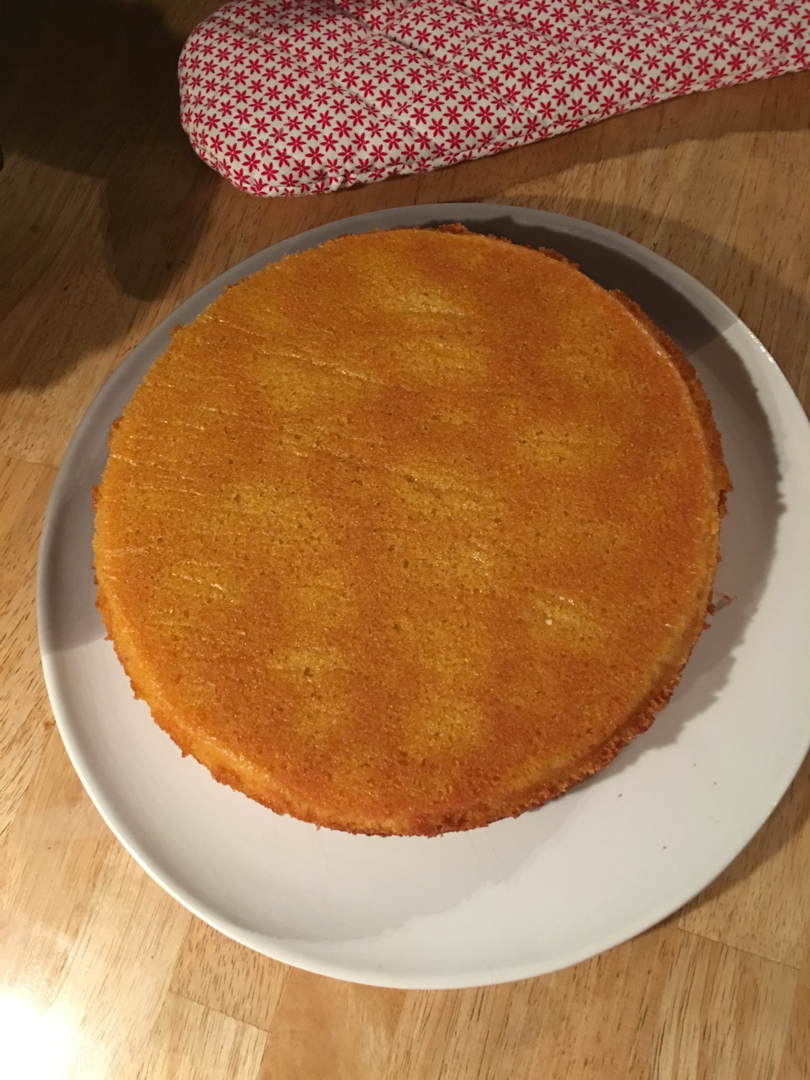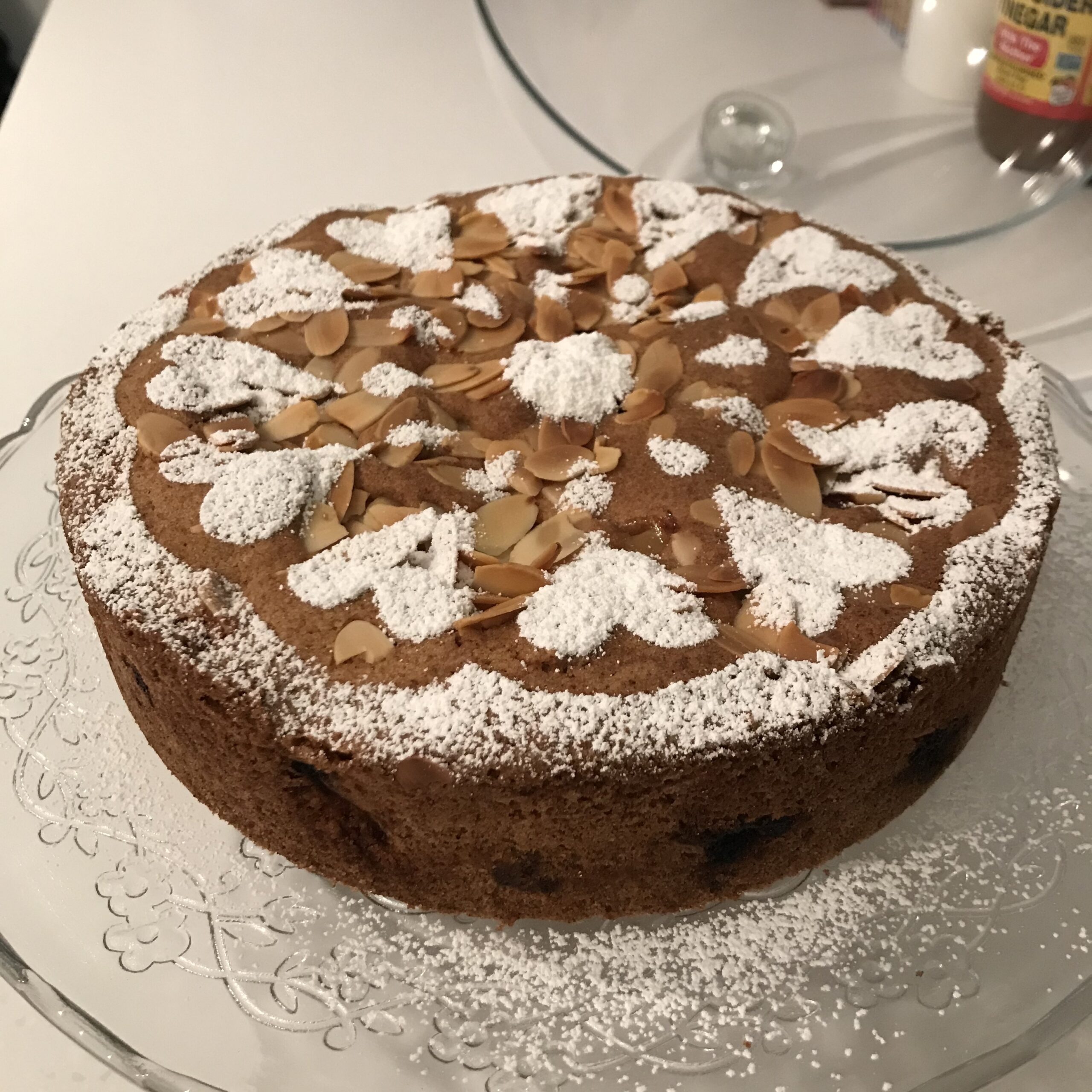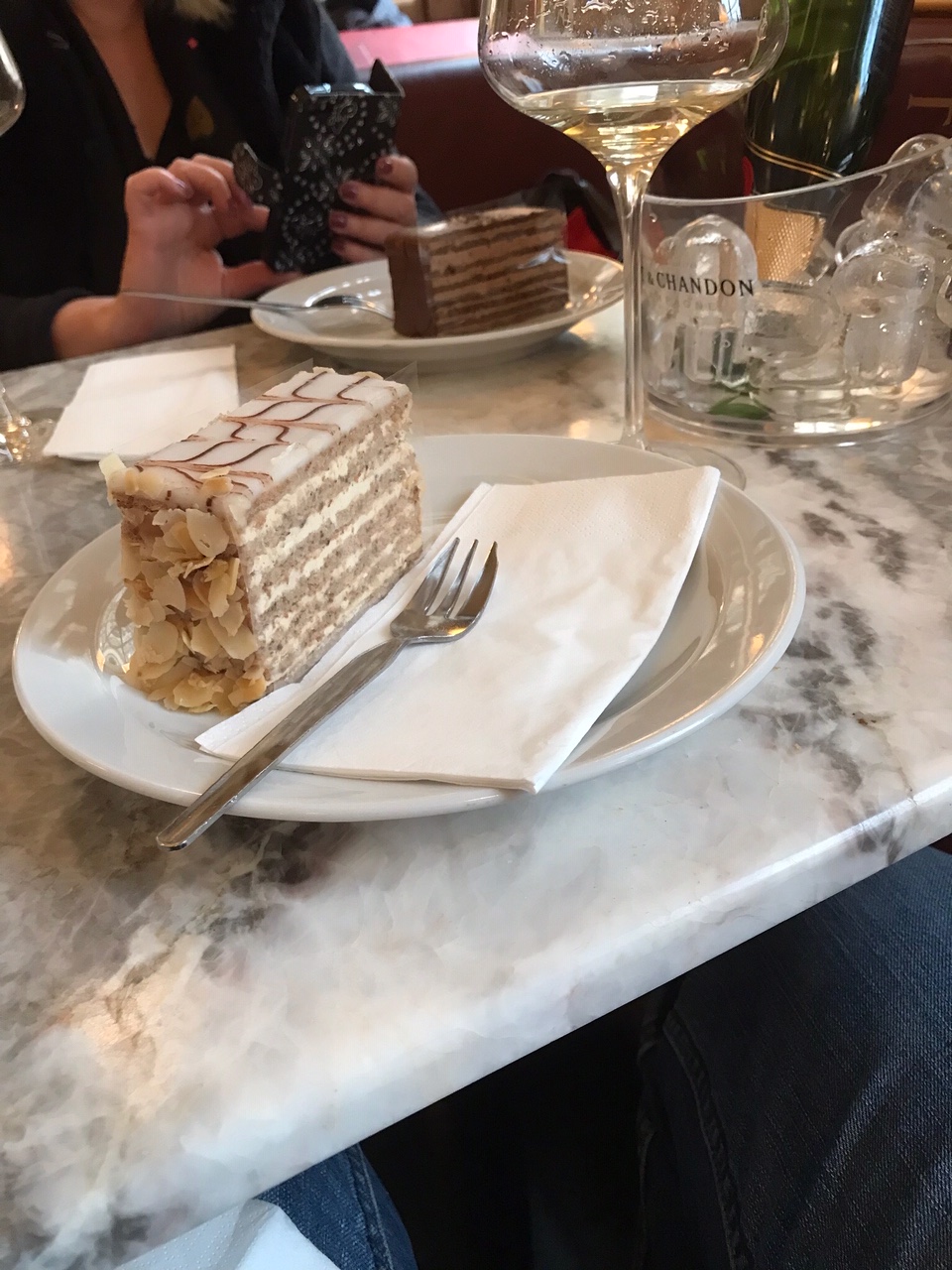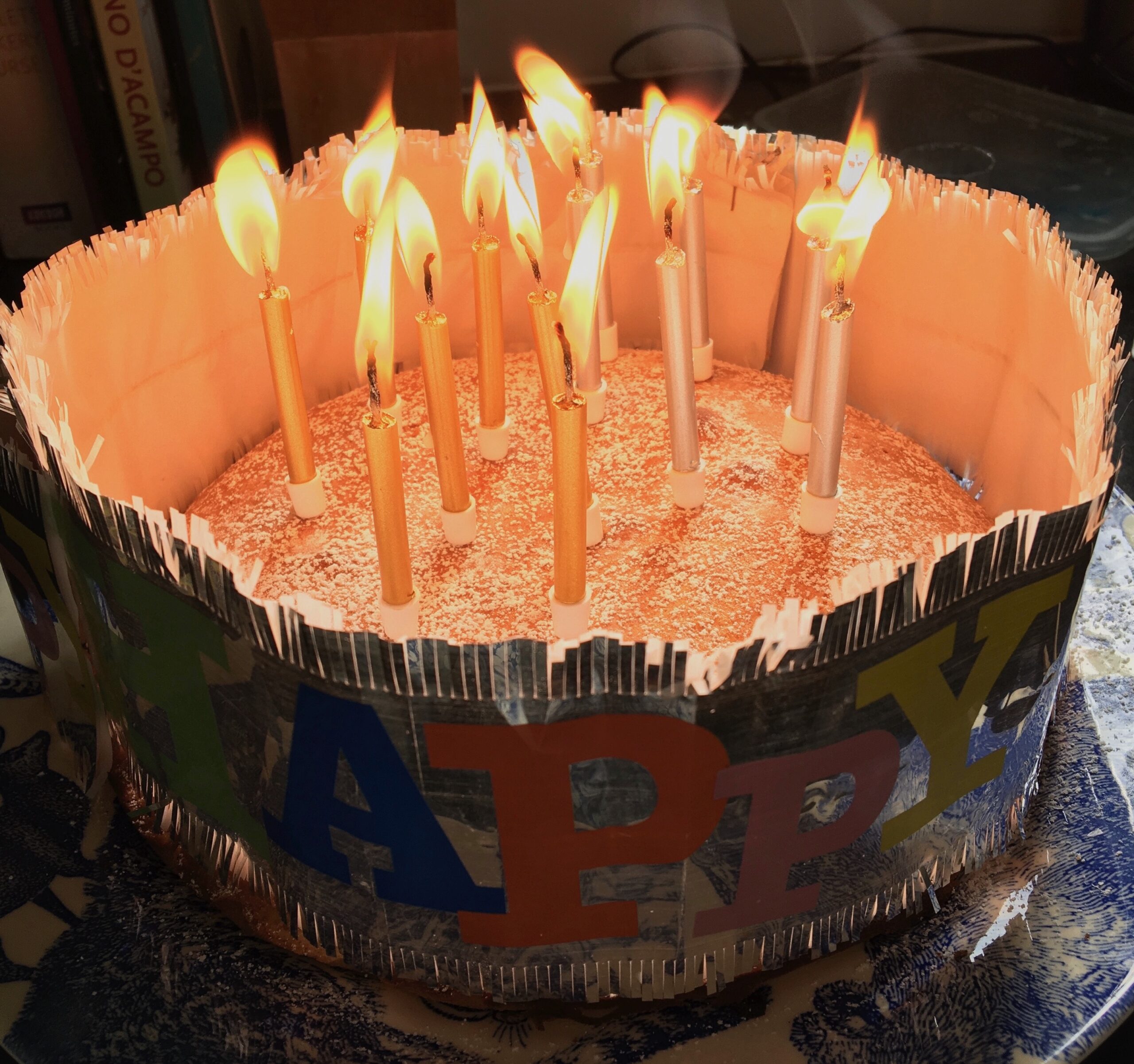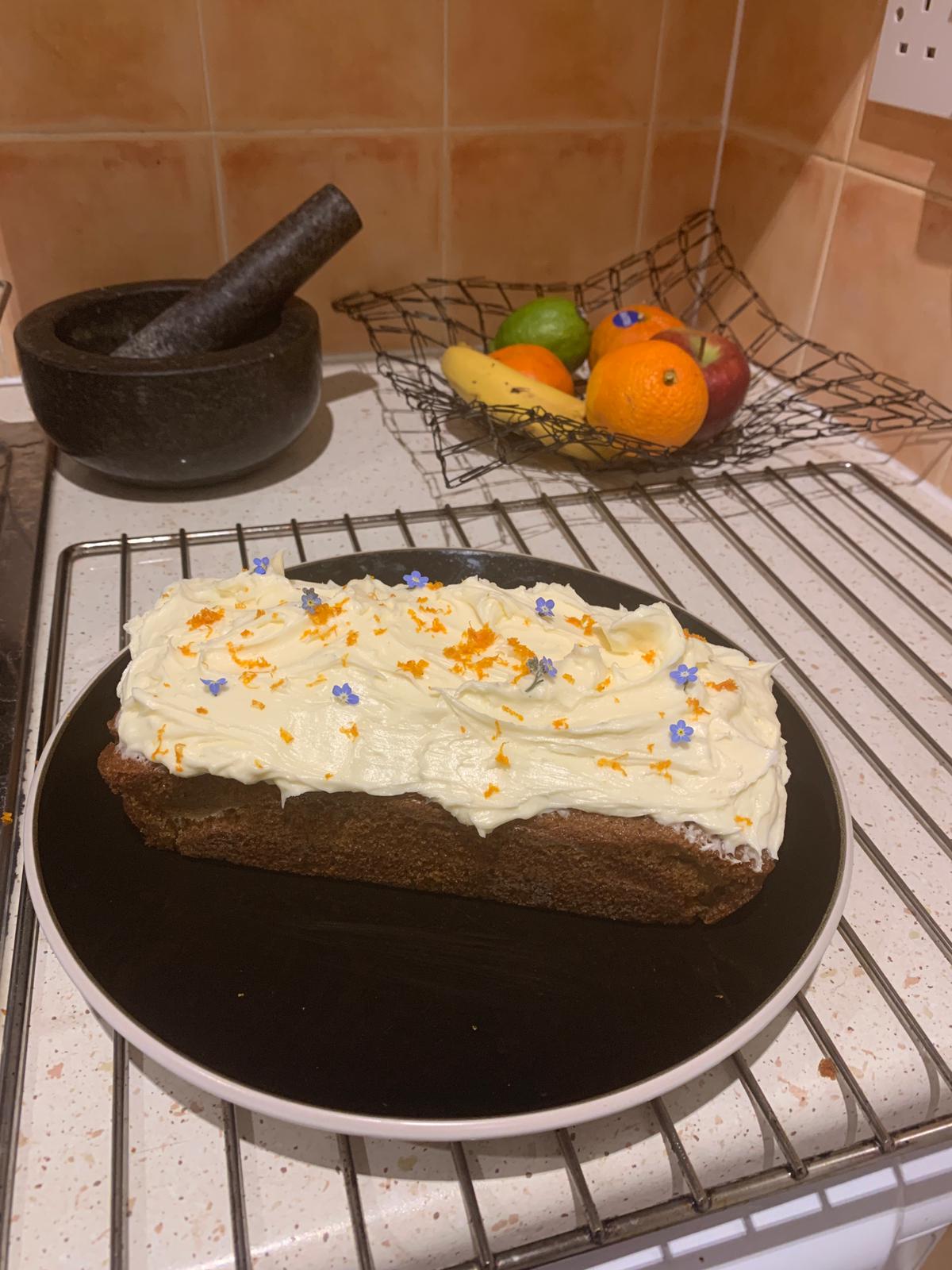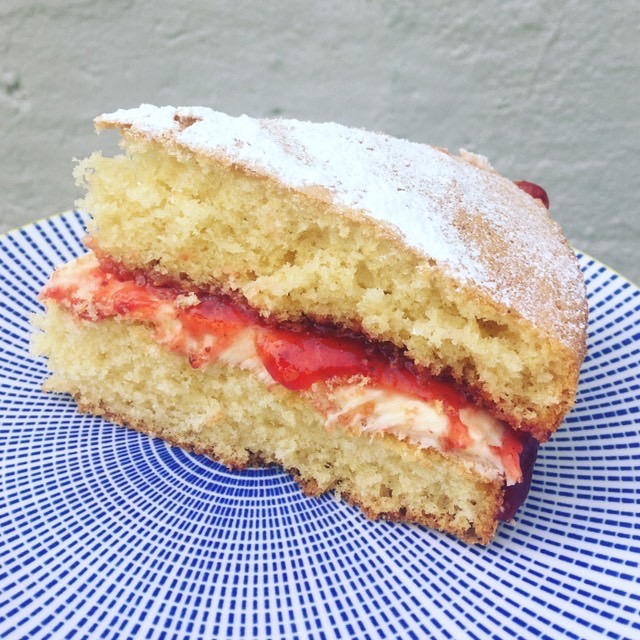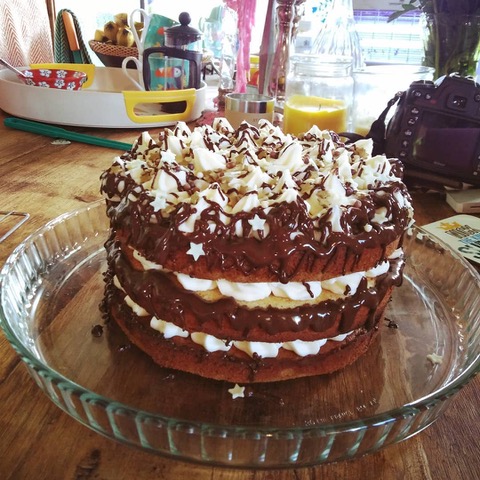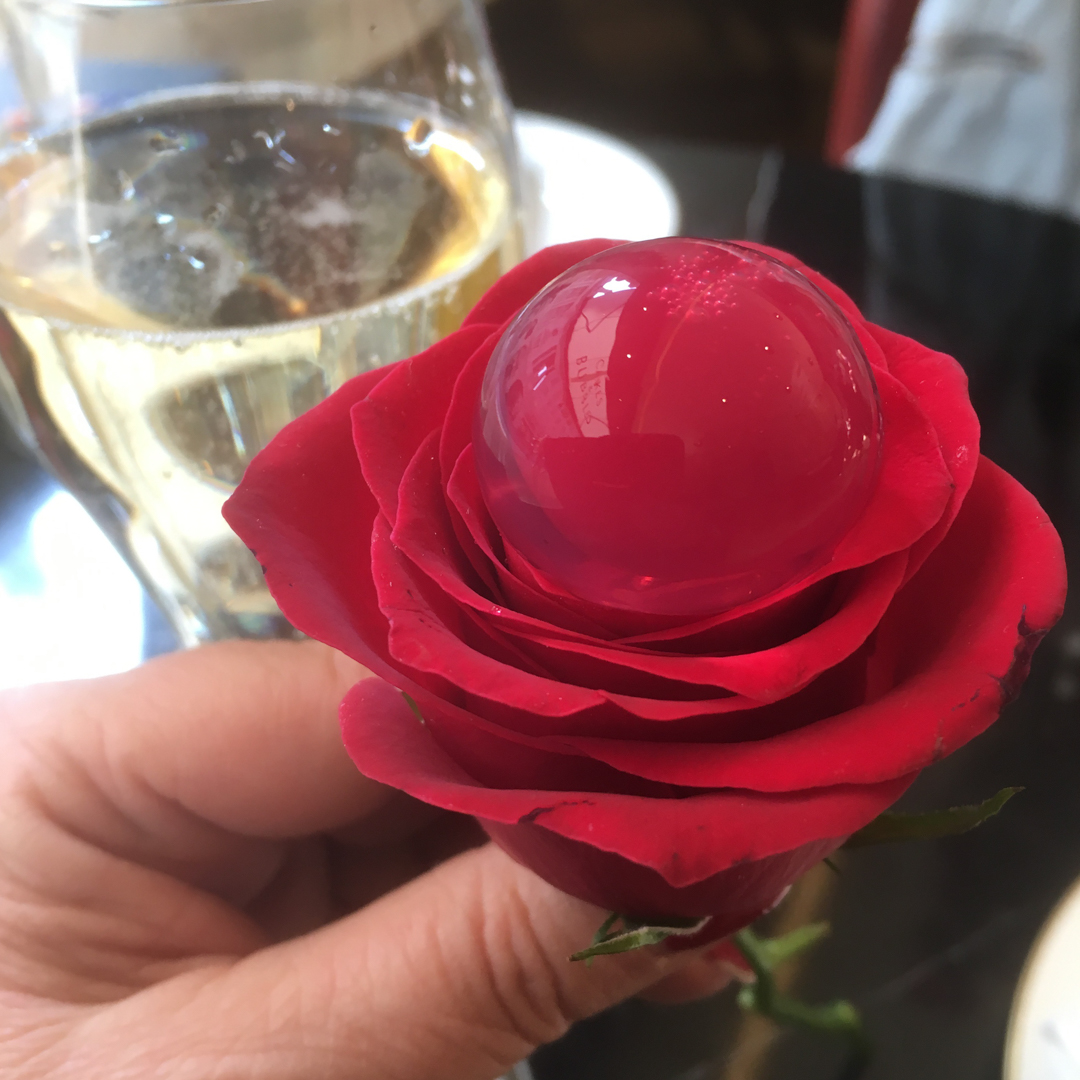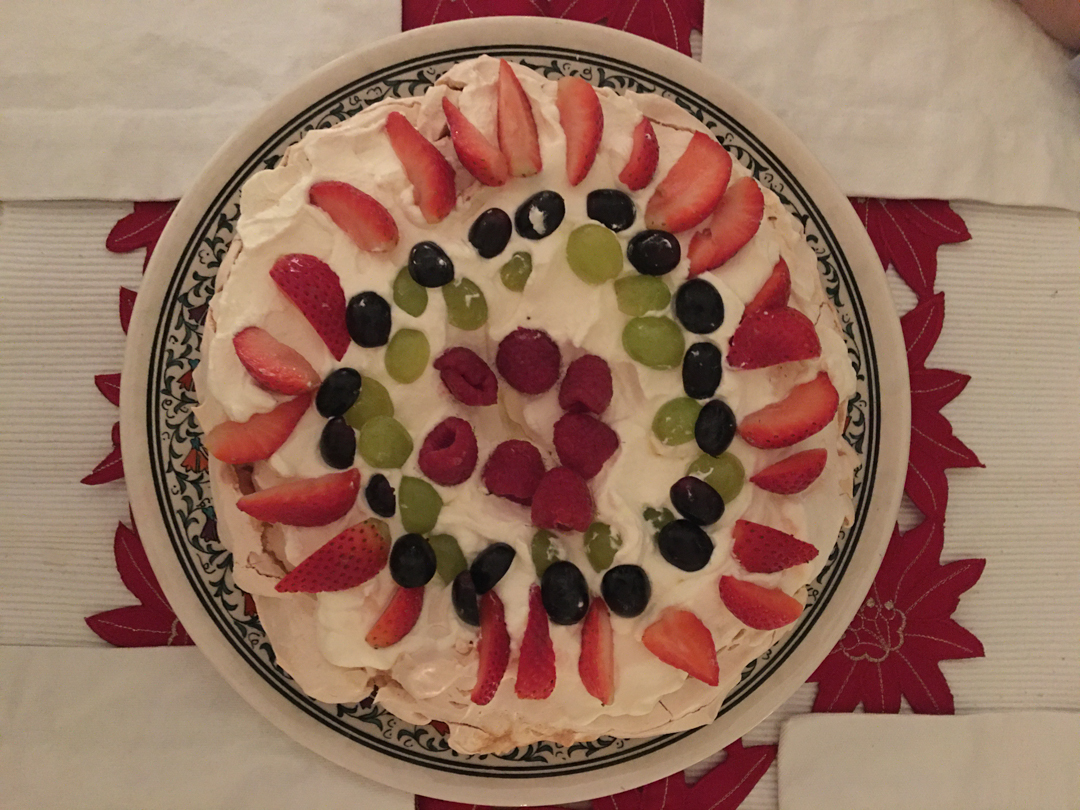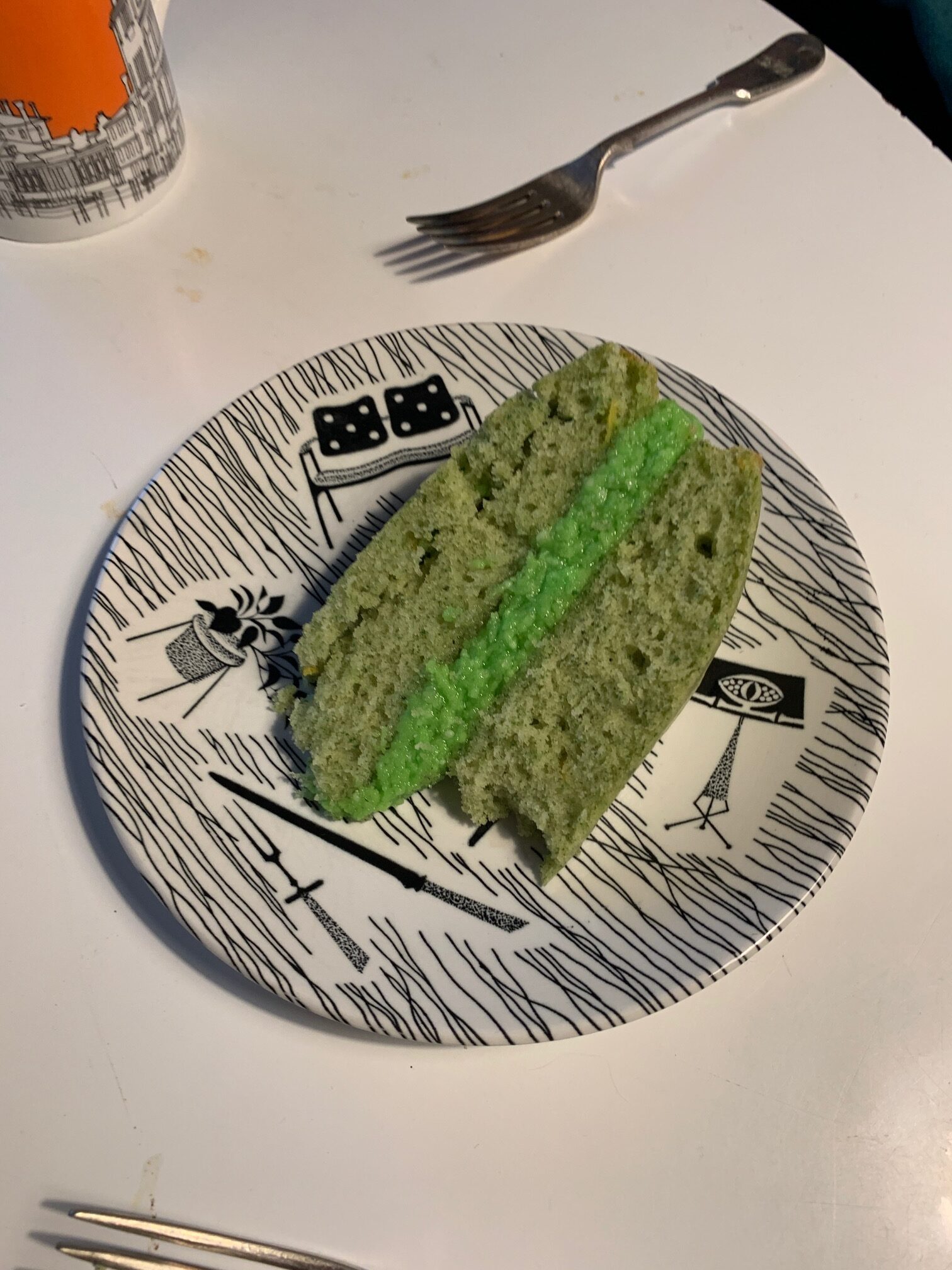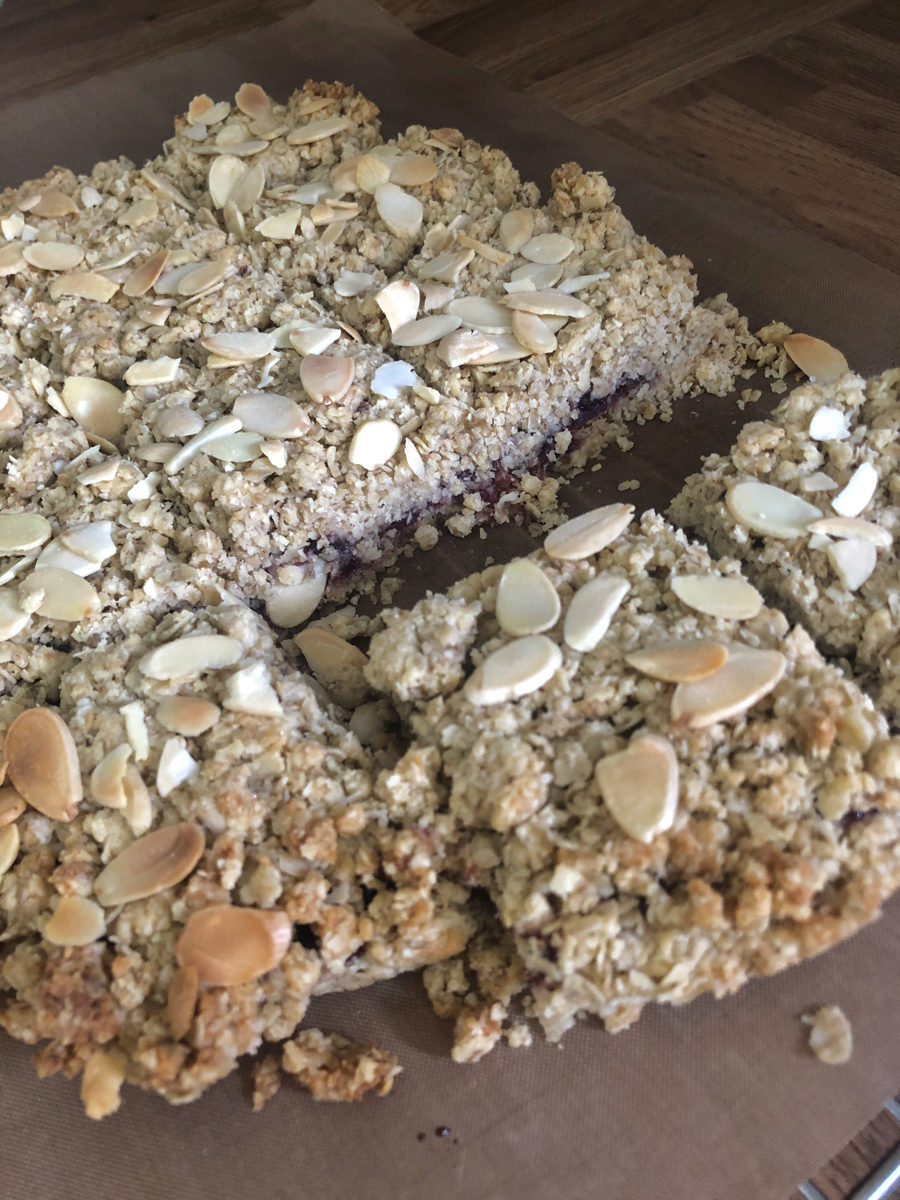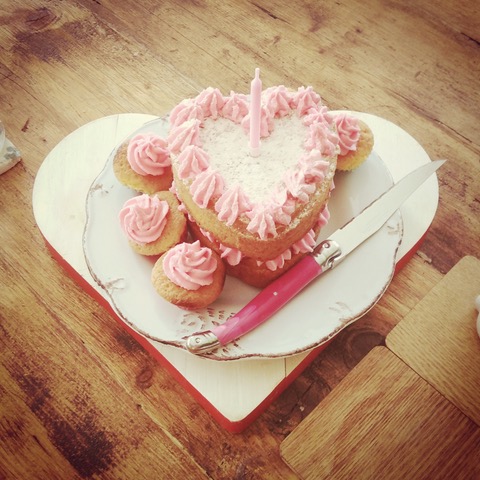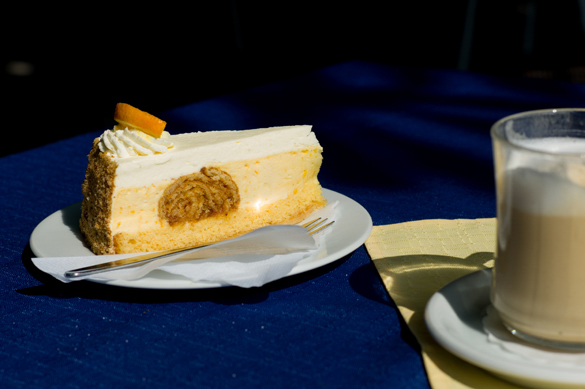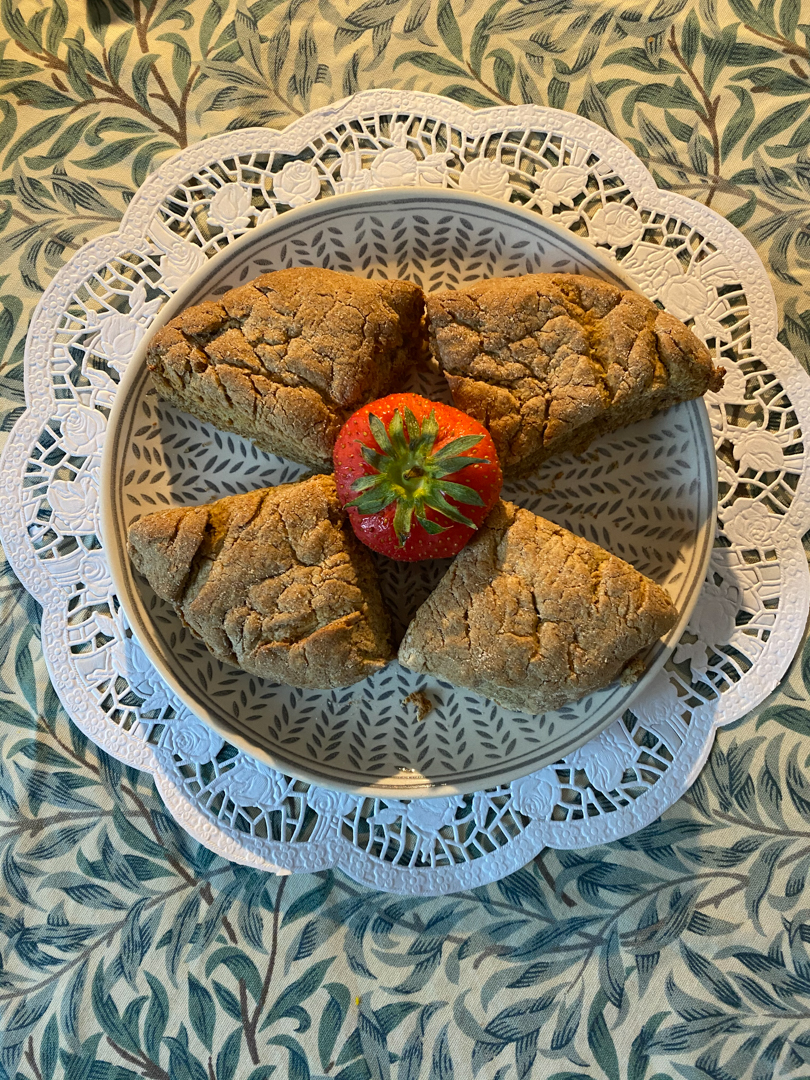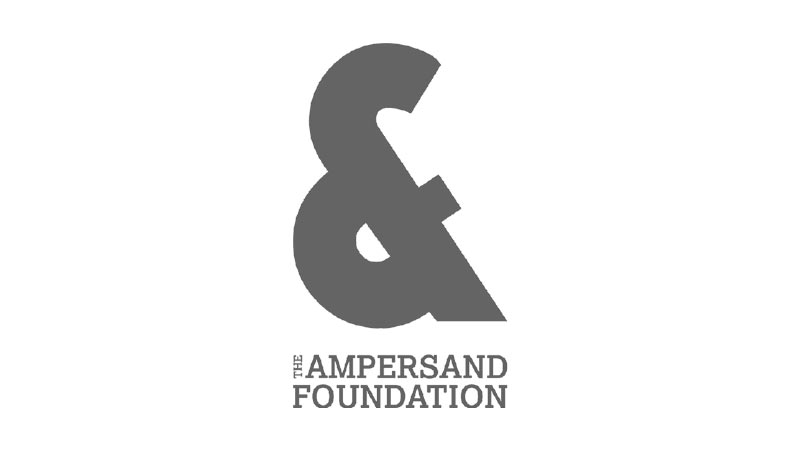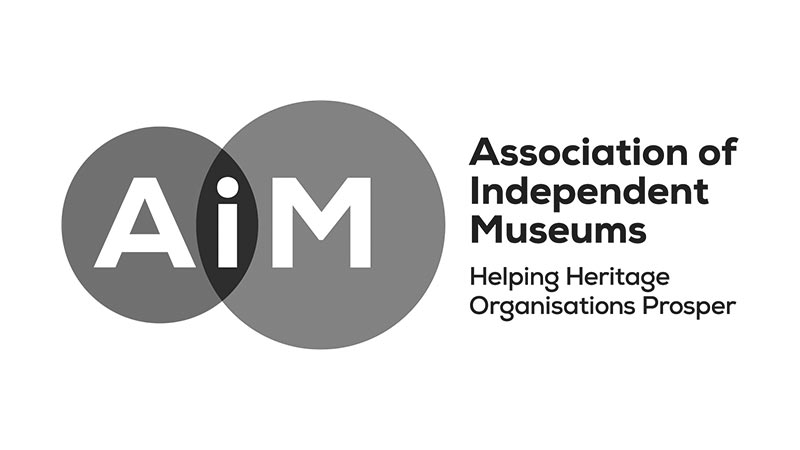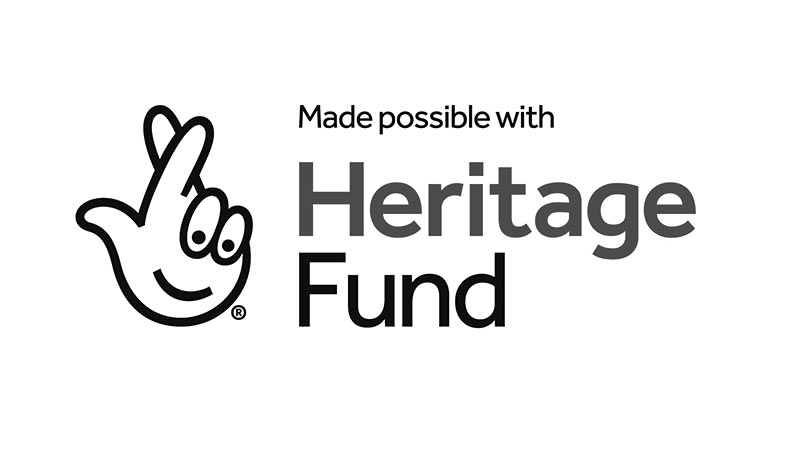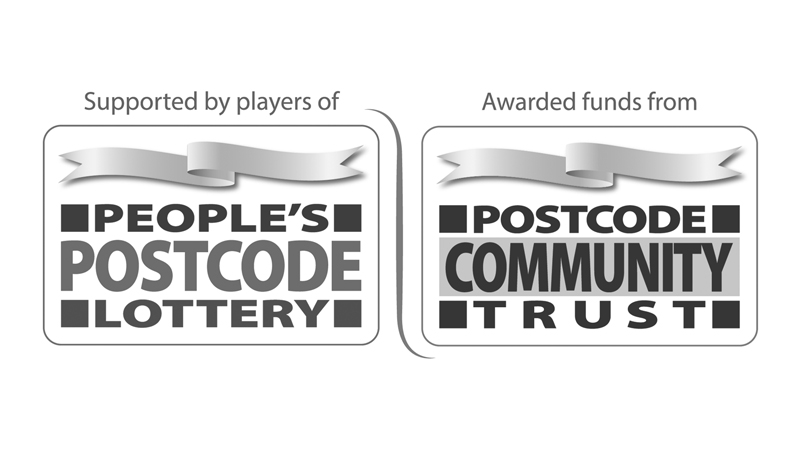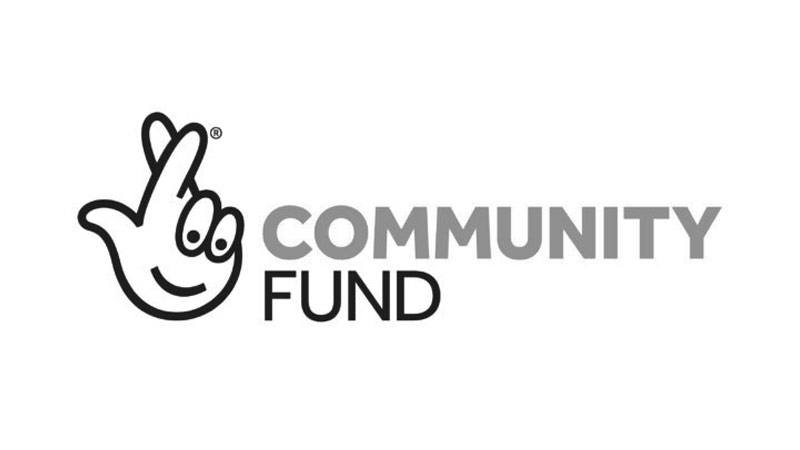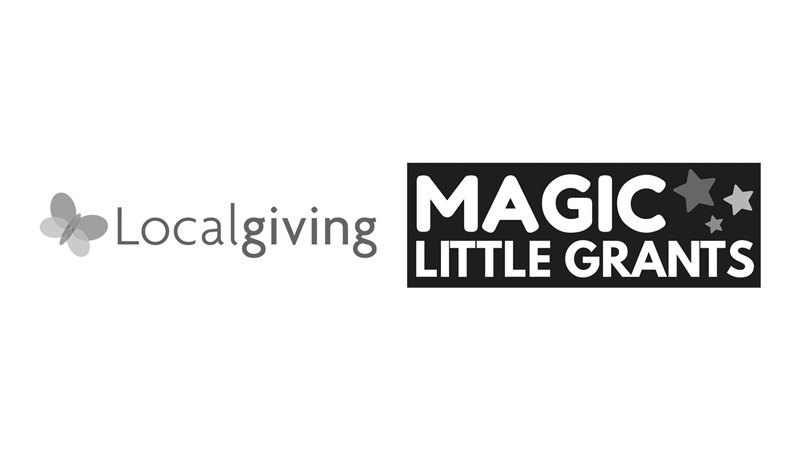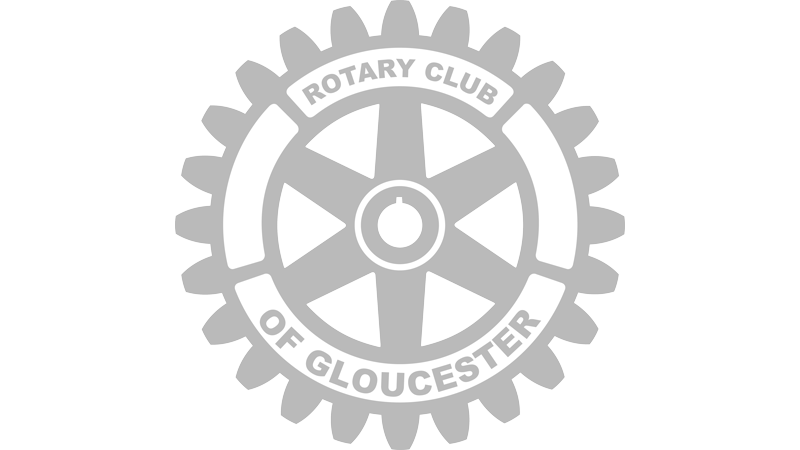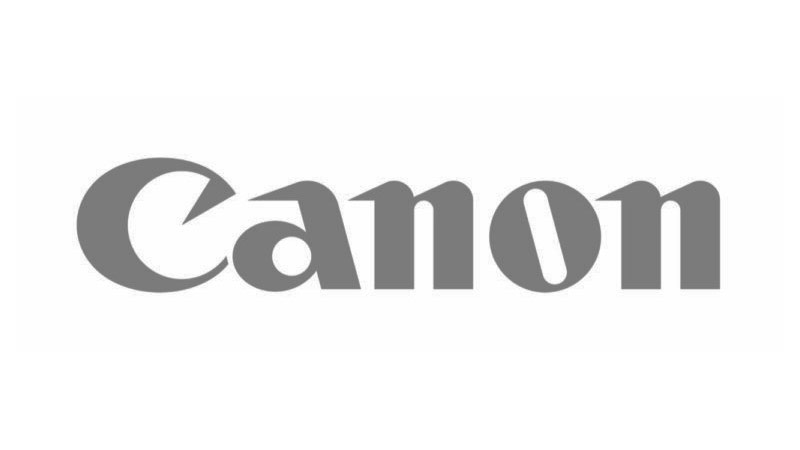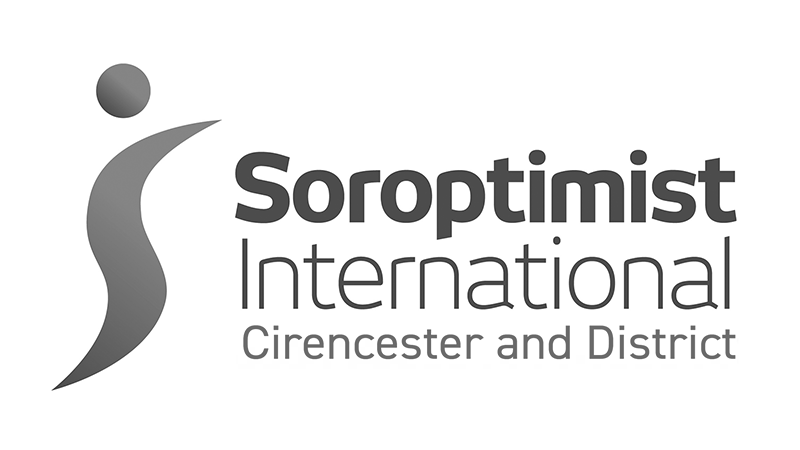Alles Gute zum Geburtstag!
from all at Hundred+Heroines and friends
Dear VALIE
Have I ever told you the story of the first time I saw you?
I was in Vienna, seeking out the locations used in Before Sunrise. Do you know the film? Boy meets girl on train, they disembark in Vienna, spend the night wandering around the city and fall in love. I’ve been in love with Vienna for as long as I can remember; yet so many of the places in the film were unfamiliar to me then, which is why I had embarked on my trail.
My path took me to Kleines Café on the Franziskanerplatz. At the time, I couldn’t believe the astonishing coincidence of seeing Hanno Pöschl there (he had a cameo role in the film as the argumentative husband on the train). I asked Hanno if he would pose, pretending to be on the ‘phone, as in the film (although I realised later that the phone conversation actually took place in Café Sperl). He willingly agreed, but as he took up his pose, I was distracted by the extraordinary poster on the wall behind him … Aktionshose Genitalpanik. And that was the start of my own Entdeckungsreise, a voyage of discovery, a journey born out of curiosity.
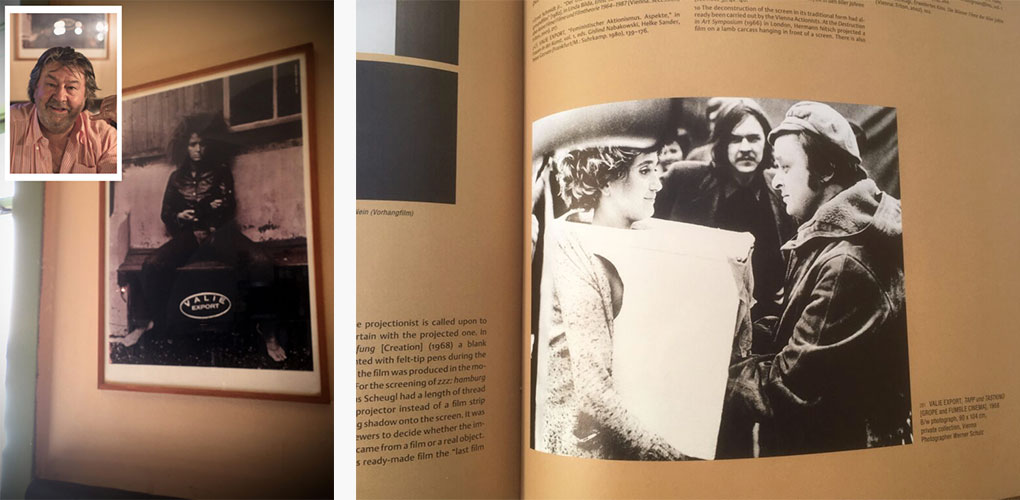
On that journey, I found out how you were the first to splinter the female stereotype. Others followed in your wake, but you faced the extra challenge of being part of a nation that had been inculcated, during the dark days of the Third Reich, with the doctrine that women need only be concerned with three things – Kinder, Küche und Kirche (children, kitchen and church). So powerful had been the message, that even more than twenty years later, this was still a widely-held belief. Thanks to you and your work, the 3Ks were soon seen for what they were – a means of denigration, degradation and disparagement.
You gave women a new lease of life. You empowered them to be who they wanted to be. You enabled them to follow their dreams. You paved the way for them to enter a world of art, which had been the preserve of the men. By the way, is the poster in Kleines Café one of the originals that were posted around Vienna in public places?
But let’s rewind a moment to where it all started and the era of Wiener Aktionism (Vienna Actionism). This was the beginning of a confrontation with traditional gender roles, but ironically, the dramatis personae were still men. The messages were admirable, but they still perpetuated the idea that this was not a place for women. Of course, the women were involved, but as Schwanberg points out, they were ‘more in the function of assistants’. The women played important parts in the wings and behind the scenes, supporting the families, facilitating the implementation of the performances and keeping the movement rolling. But they weren’t participating on equal terms. They were not starring in the actual show. And then, in 1968, you arrived on the scene, with Tapp- und Tastkino. That idea was sheer utter genius! How did you think of it? Did it come to you in a flash or did you nurture it for months? They thought you were offering them the sexual gratification they wanted and demanded. But you made it a public performance, in broad daylight, in a crowd, removing the privacy of the back row in a dark cinema. It transformed the dynamic. With your box, you overturned accepted notions of gender, sexuality and the gaze.
The Feminist Avant-Garde was born and through this movement, you have inspired generations of women artists. In much of the artwork by women that I see today, I recognise references to your work – sometimes it’s just a subtle nod sometimes it’s more obvious, but it’s often there. You must feel very proud of what you’ve achieved.
You were our first nomination for the Hundred Heroines initiative. I remember writing to you and telling you that I was in Vienna. I can tell you now, how incredibly excited I was when you invited me to your studio. I’m not usually lost for words, but that day I certainly was.
It’s strange how this pandemic has changed our perceptions so quickly. As I sit here in lockdown, looking at your work, I get an occasional fleeting thought that this work was created during the current pandemic … People at the Fountain: Cardboard Replicas. Isn’t that what’s happening now in football? Cardboard audiences? But they’re not as realistic as your figures. Looking at the empty streets in Stadt: Visuelle Strukturen I feel that Vienna is looking into the mirror of its past. Did you realise how timeless your work would be?
Alain de Botton suggests that one of the functions of art is to ‘remind us of the legitimate place of sorrow in a good life, so we panic less about our difficulties’. Asemia fulfils that function for me. It triggers a sadness because of your pain and suffering for what you believed in; it serves as a reminder of the sacrifices that you made, but for me, it is also symbolic of a good life, as exhibited in Barjac.
Shortly before we entered lockdown, I was in Vienna. The last exhibition I saw before leaving (for what I thought would be only three weeks) was the Feminist Avant Garde – Made in Austria at the Sammlung Verbund. I am so glad that you were part of my most recent memory of Vienna.
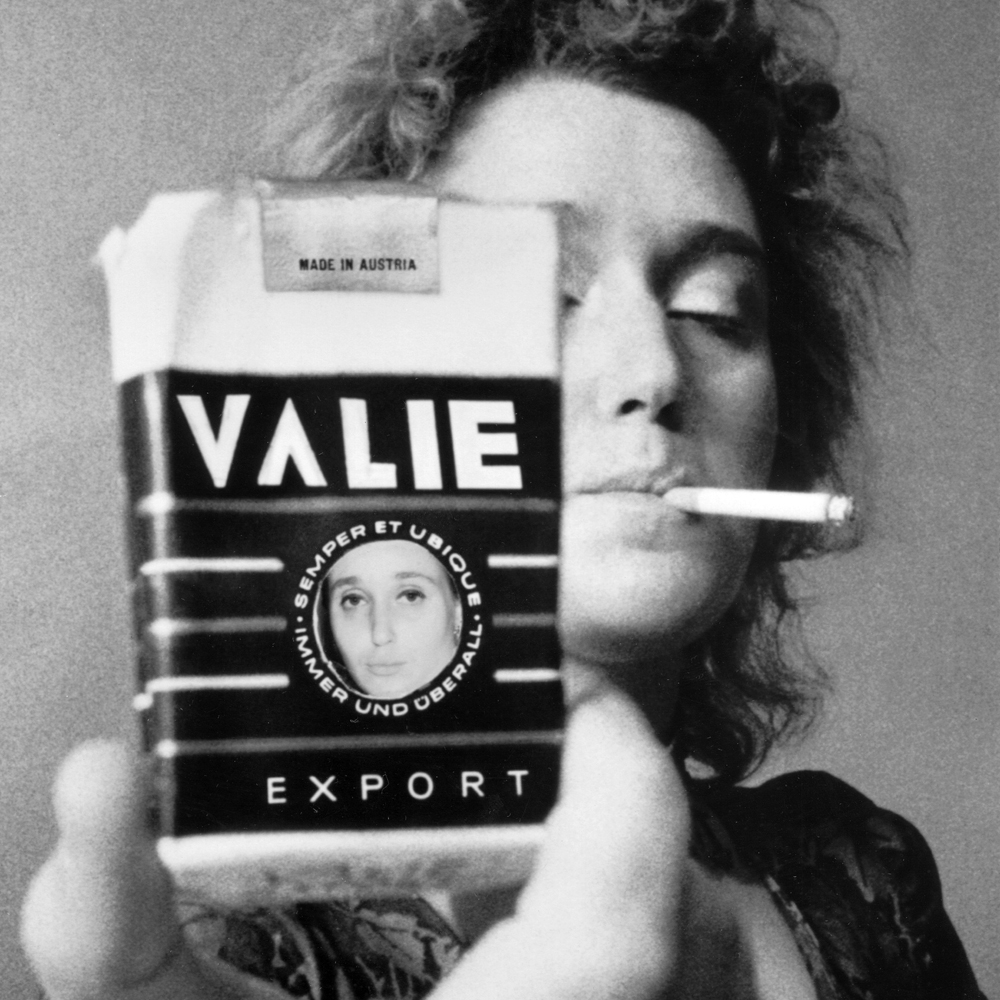
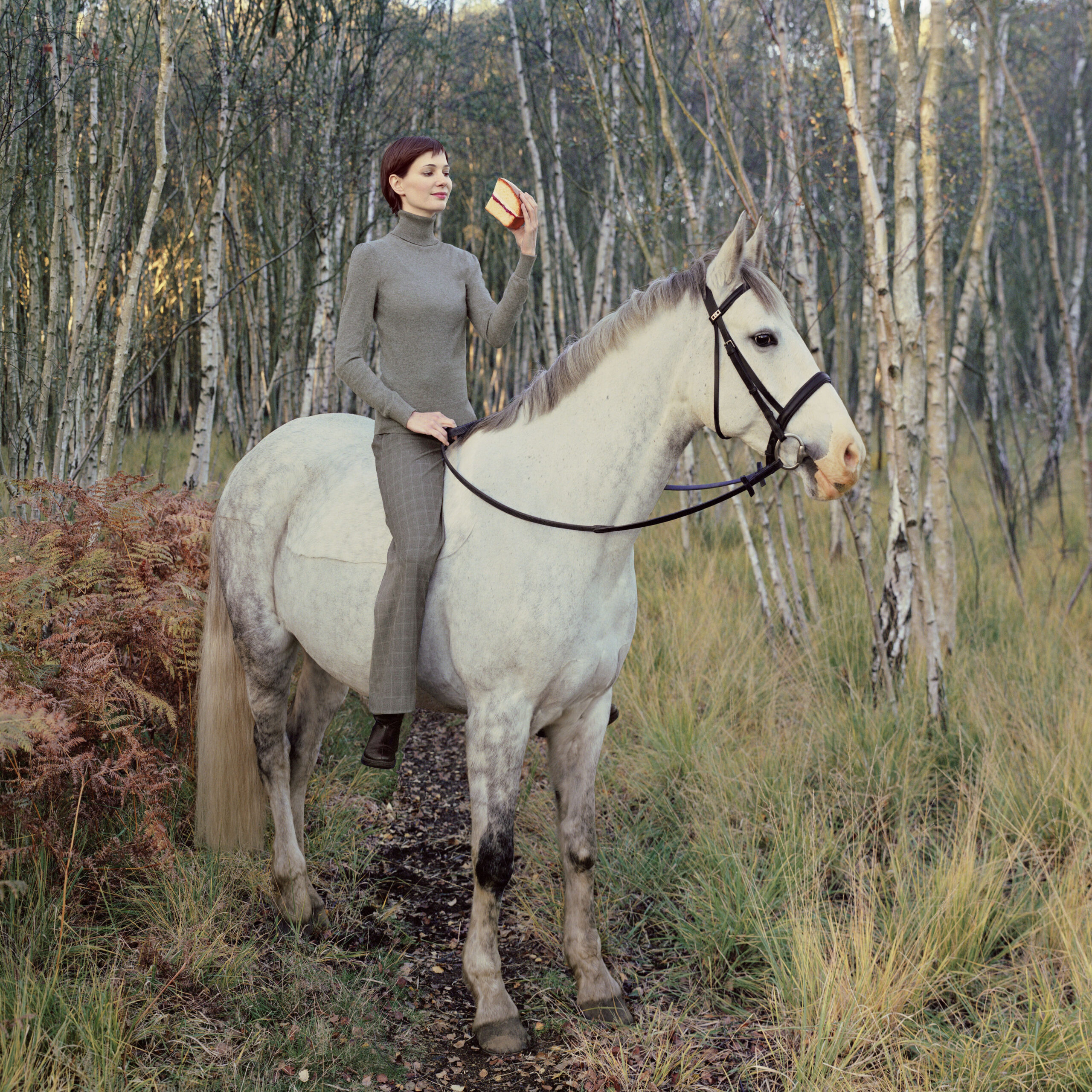
Piece of Cake © David Sewart
VALIE EXPORT
Many Happy Returns from YES & NO
Click Brigitte Lacombe’s StudioCat portrait to see the VALIE EXPORT special feature in the current edition magazineyesandno.com
In feature: All images © VALIE EXPORT/Bildrecht 2019, Courtesy Galerie Thaddaeus Ropac. London-Paris-Salzburg
We should have been at Photo London today. The exhibition was going to be called Stand Up, Sit Down in acknowledgment of your seminal work. We would have stood by Aktionshose (it was going to be big) we would have raised a glass to you in celebration of your birthday. We were going to have T-shirts, we were going to have a chair, so that people could take selfies in front of Disobedience: Homage to VALIE EXPORT by Elina Brotherus. A homage to a homage of a legend. Oh, what might have been … so we’re celebrating virtually, suitably masked and socially distanced, by baking cakes for you. In no way are we suffering a non-feminist aberration. We’re not doing it because we have to, or because it’s expected of us, or because we’re chained to the kitchen. We’re doing this out of choice and out of our admiration for all that you’ve done. And as you can see, for some, the boundary between cake and art is blurred. Cake-baking is not as courageous as some of the actions that you have undertaken for your art, but for us, it has been a welcome diversion, and for some of us, a steep-learning curve.
One day, we’ll meet again. As soon as we’re allowed to travel, I shall return to my spiritual home and hope we can meet for a belated birthday celebration. Darauf, freue ich mich sehr.
Mit herzlichen Grüβen
Del
Schwanberg, Johanna (2000), Gender Relationships and Gender (De)Construction in Viennese Actionism: Art and Upheaval in 1960s’ Vienna edited by Museum Moderner Kunst Stiftung Ludwig Wien, Eva Badura-Triska, Hubert Klocker. Verlag der Buchhandlung Walther König, Köln.
De Botton, Alain and John Armstrong (2013), Art as Therapy, Phaidon, London and New York.
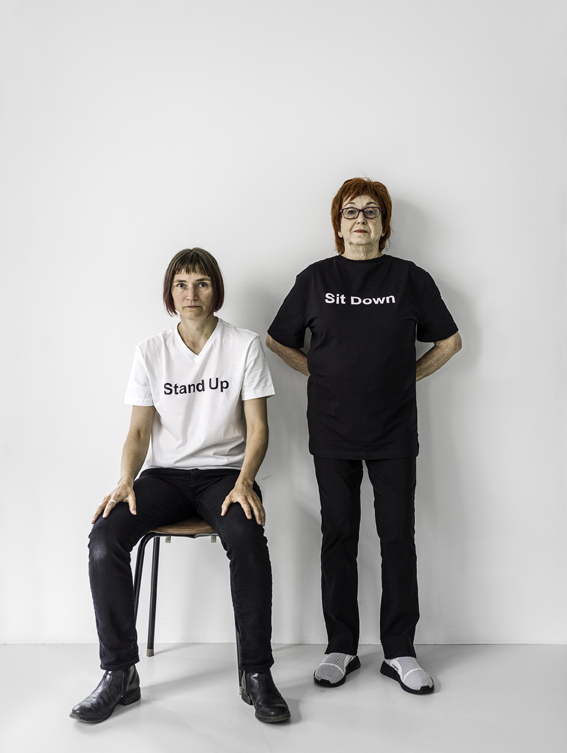
Image: Elina Brotherus, Disobedience, 2018 (after VALIE EXPORT: Stand up. Sit down. 1989) in collaboration with VALIE EXPORT © the artist : courtesy: gb agency, Paris
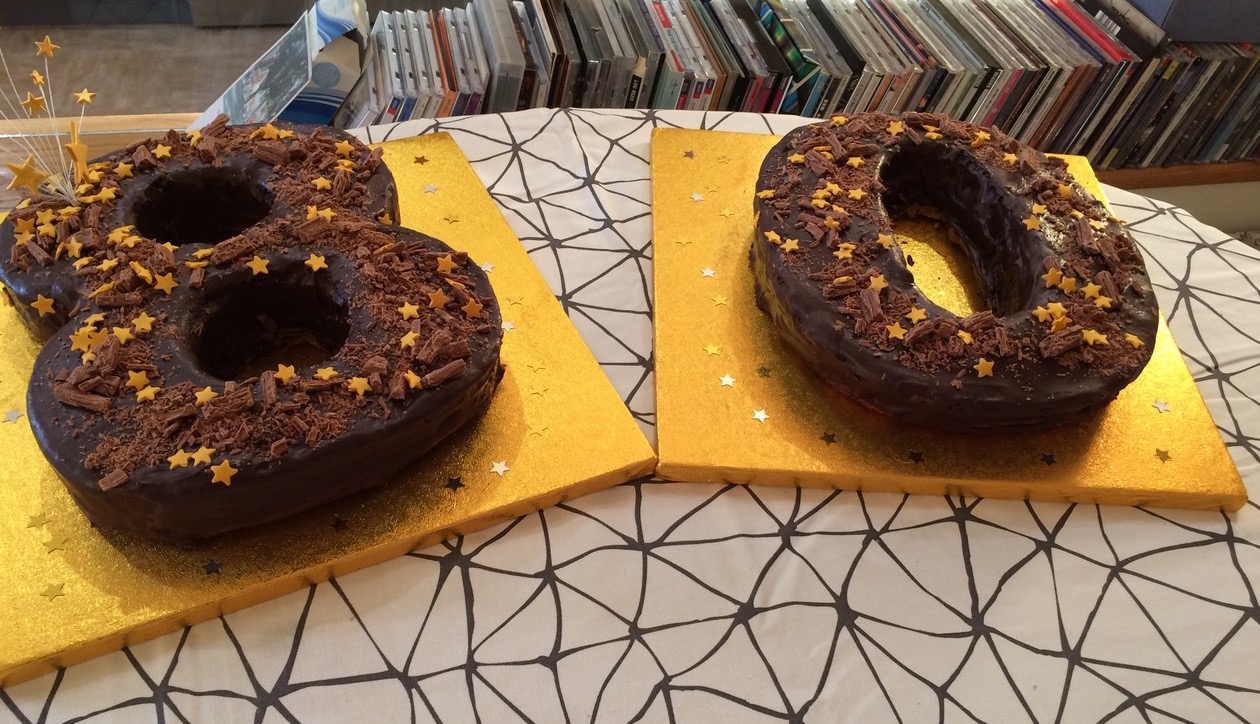
Dear VALIE, wishing you every happiness on your 80th Birthday and a huge thank you for forging your own wonderful path and reminding us to choose who we are. We hope you have some wonderful Viennese cakes with you at home today!
With love from admirers Victoria Walters, Jacky Walters, Louise Gilbey, Lily Gilbey, Iris Ogilvy, Selina Ogilvy and Victoria Bone. xxx
#acakeforVALIE gallery and cakes created by Athene, Del Barrett, Ellie Ramsden, Iris Ogilvy, Jacky Walters, James Lloyd, Laura Mallet, Lily Gilbey, Louise Gilbey, Mrs B., Rachel Wilce, Selina Ogilvy, Shirlie, Susie Brice, Therese Barry, Vanessa Ansa, Victoria Bone and Victoria Walters, and several other pastry chefs.

